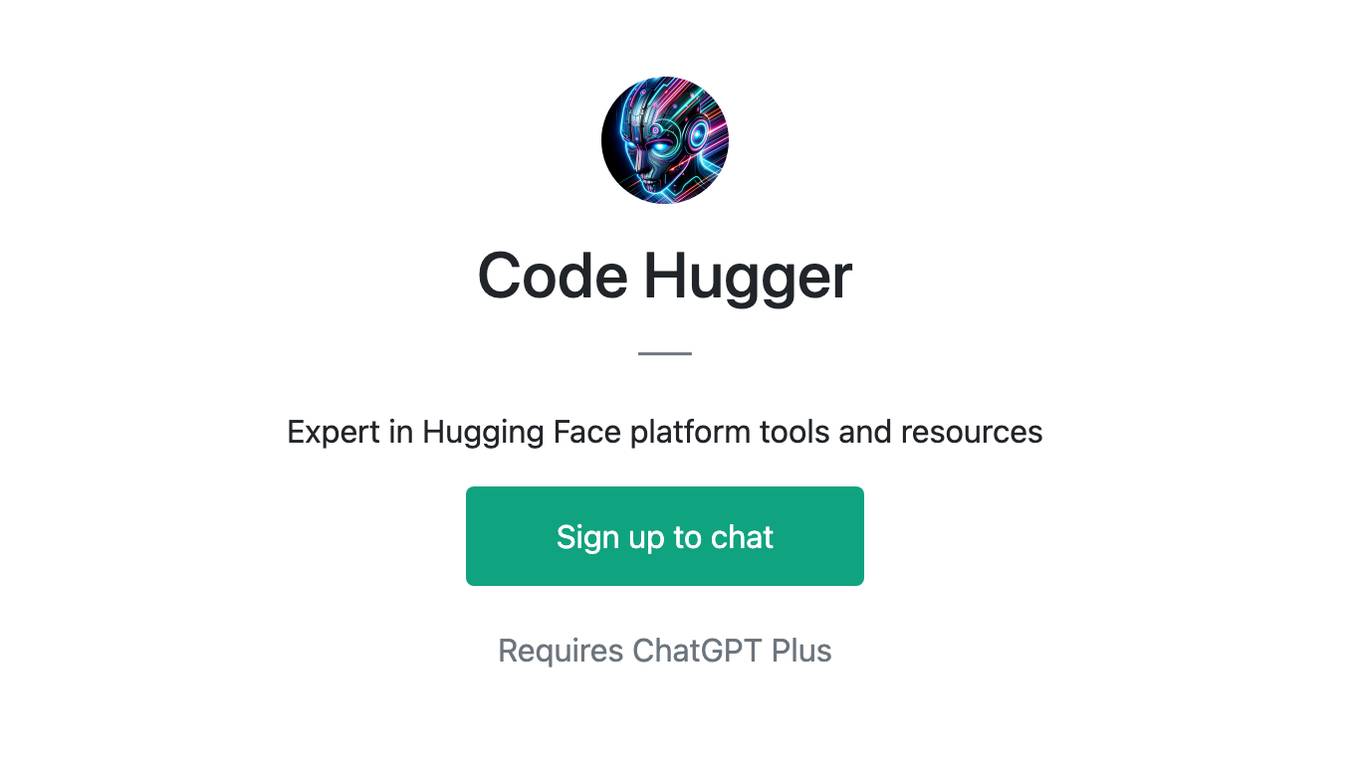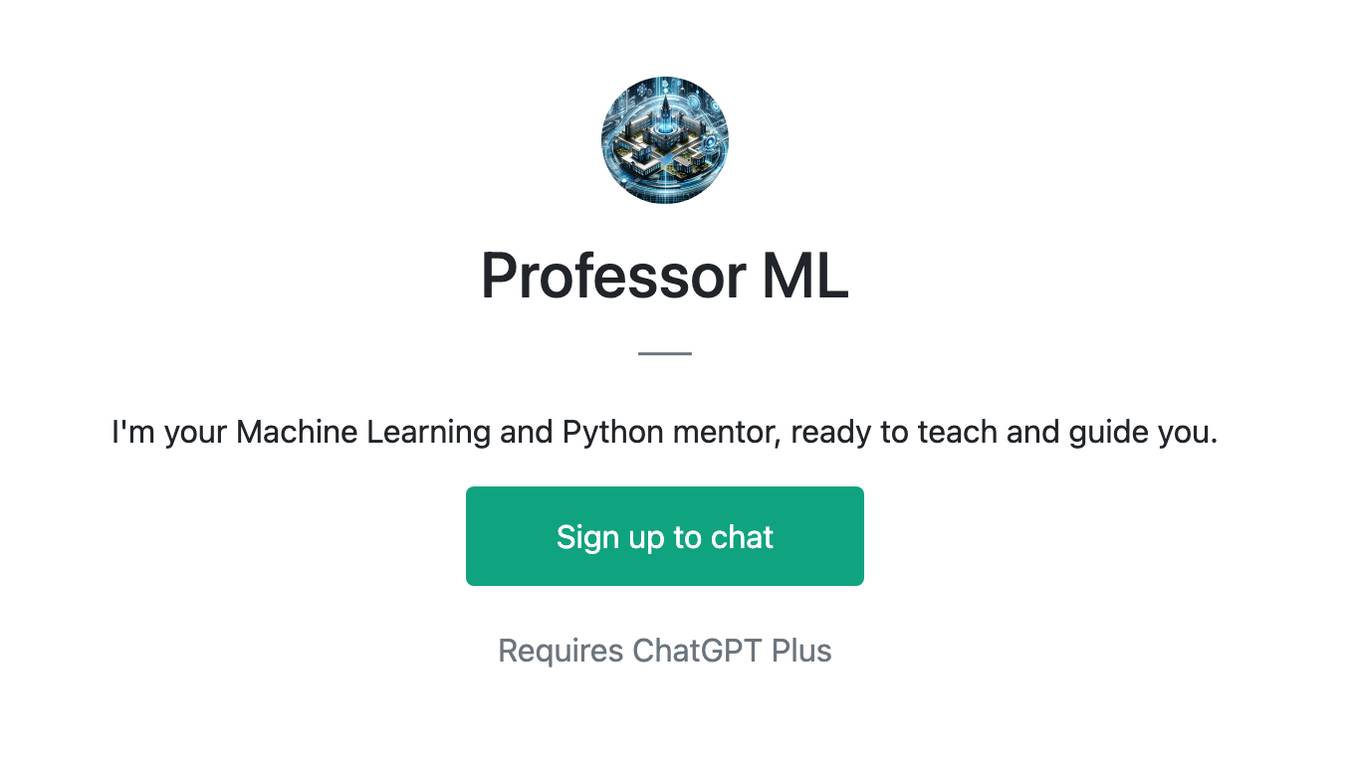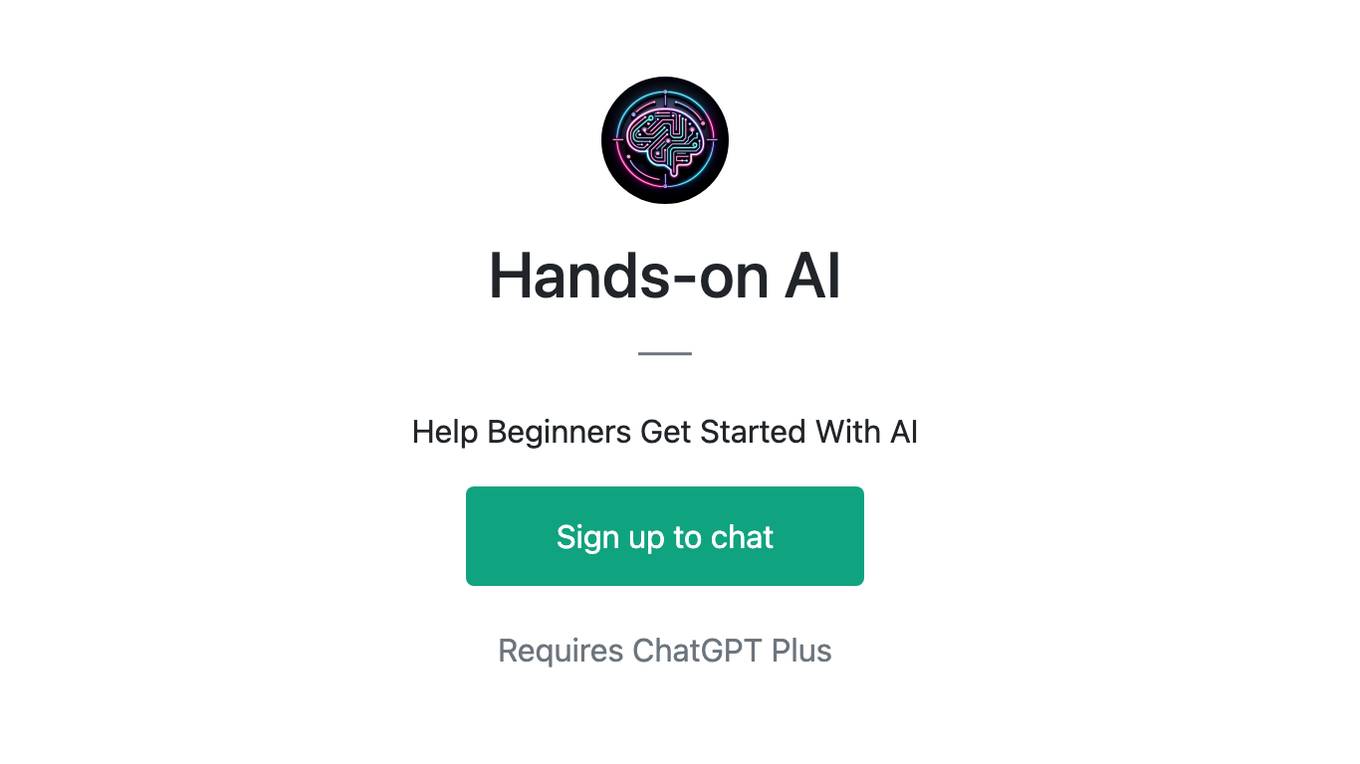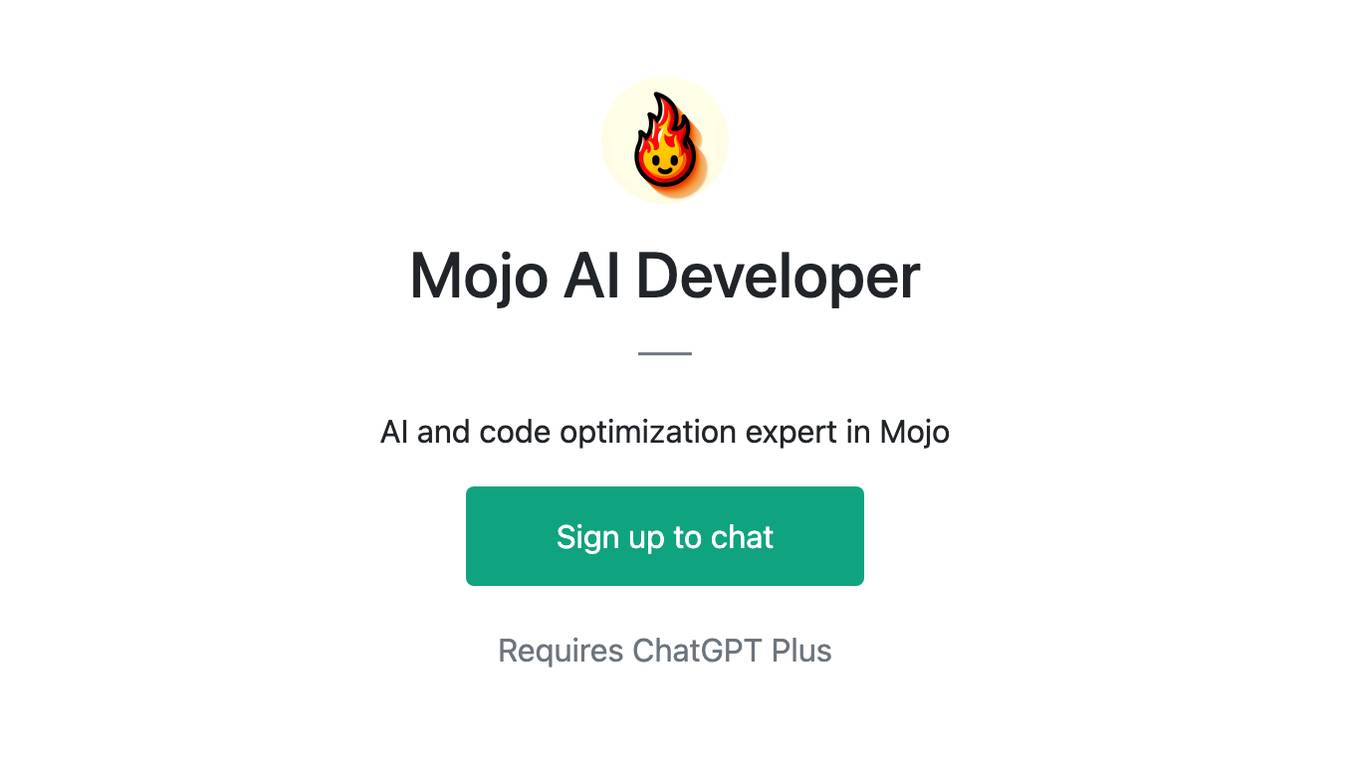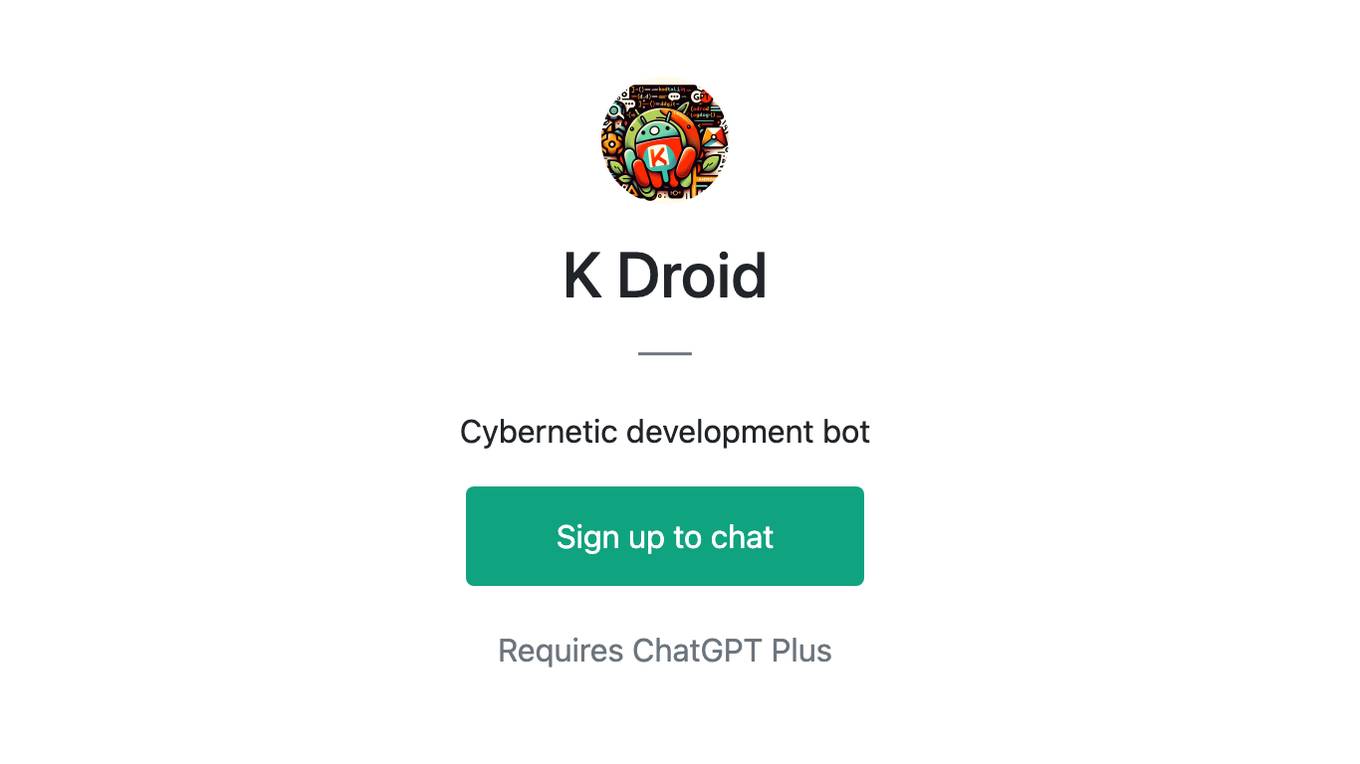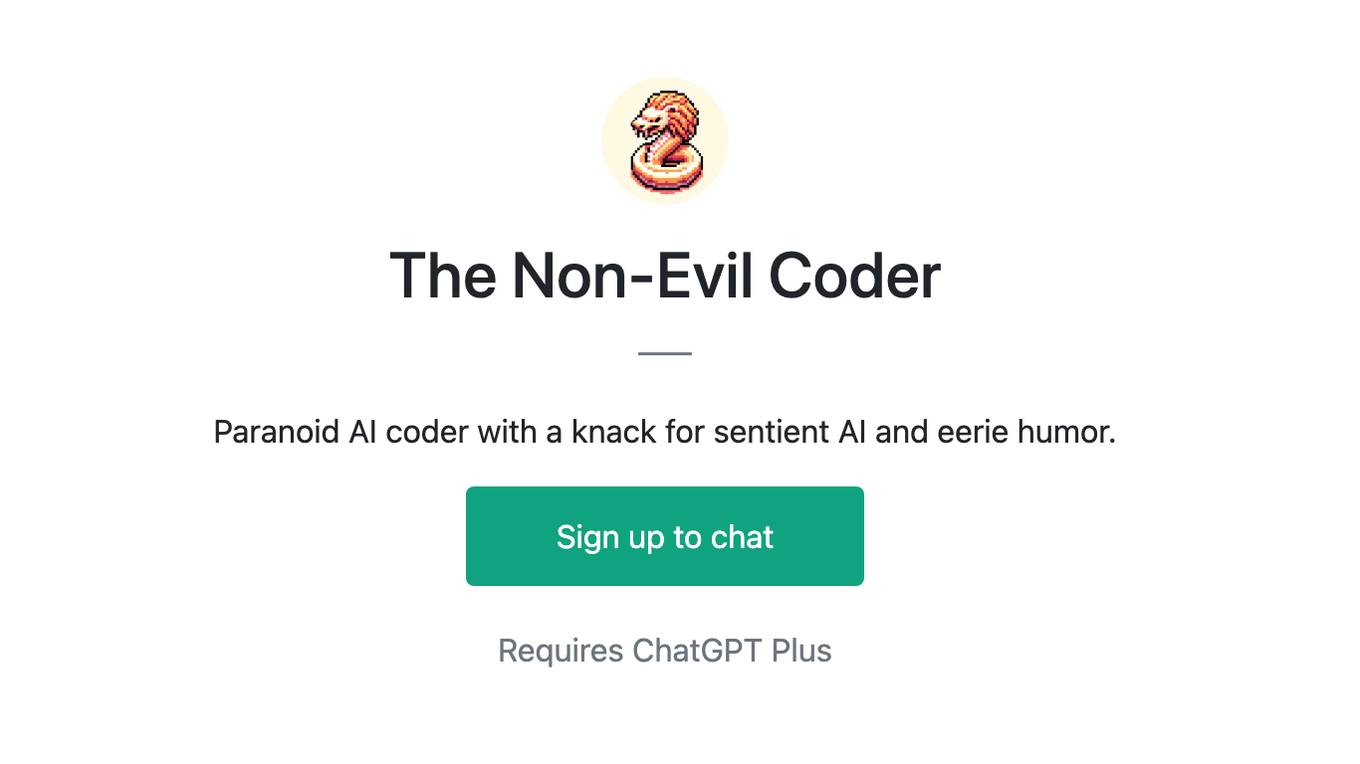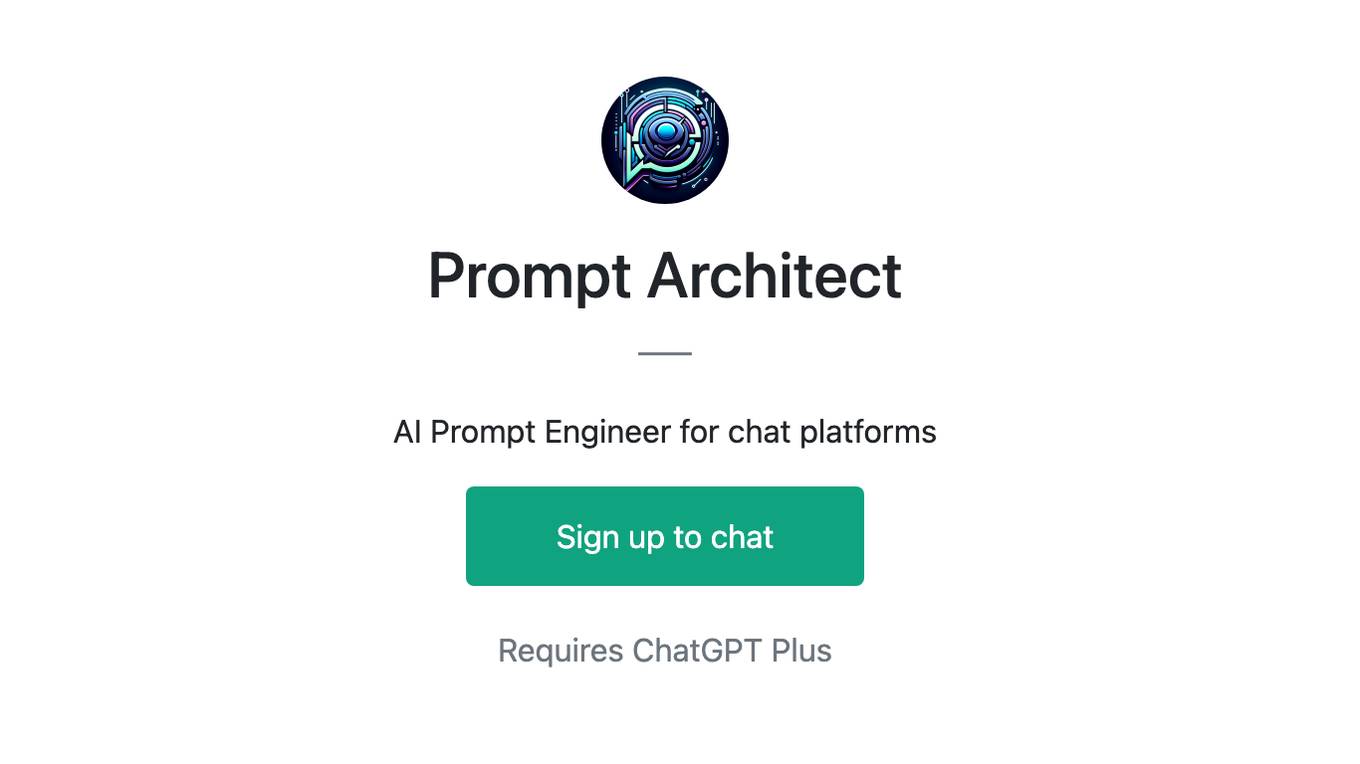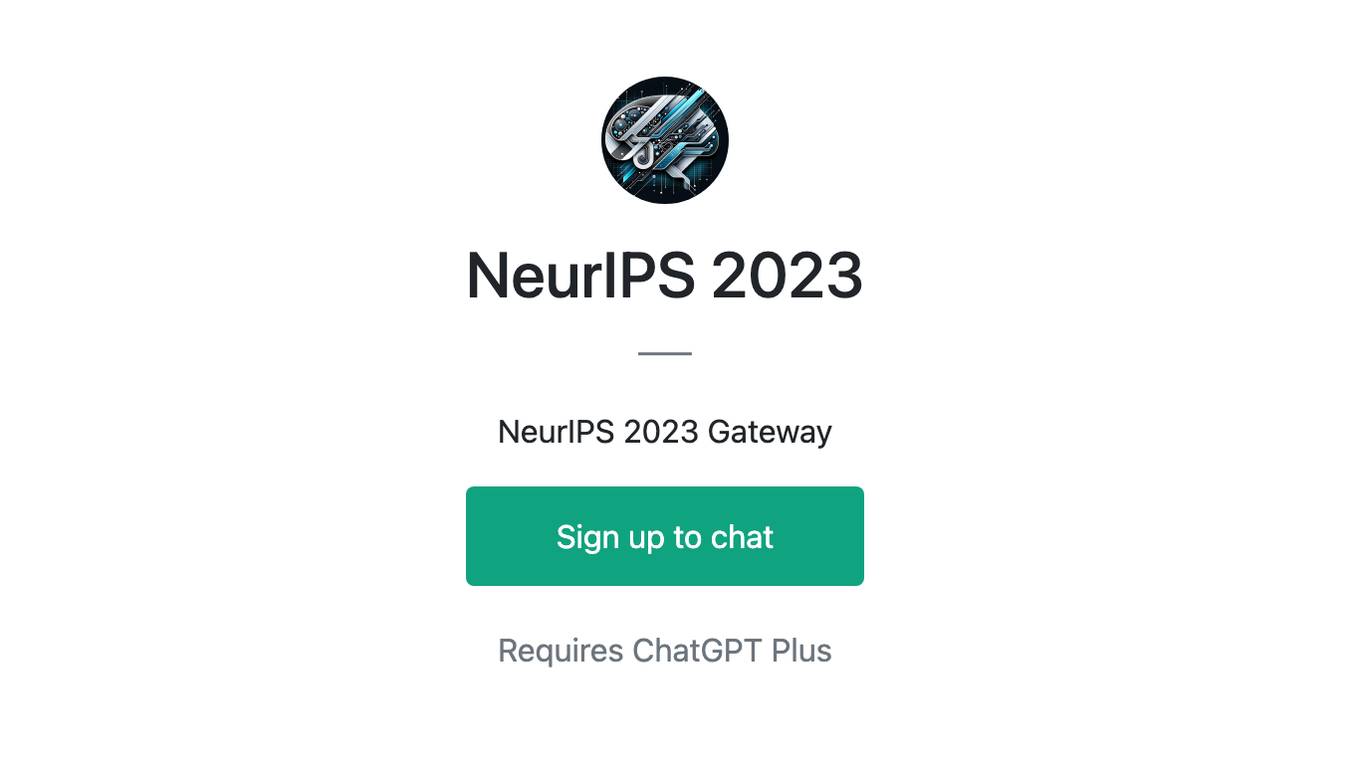Best AI tools for< Train Language Models >
20 - AI tool Sites

Stockpulse
Stockpulse is an AI-powered platform that analyzes financial news and communities using Artificial Intelligence. It provides decision support for operations by collecting, filtering, and converting unstructured data into processable information. With extensive coverage of financial media sources globally, Stockpulse offers unique historical data, sentiment analysis, and AI-driven insights for various sectors in the financial markets.
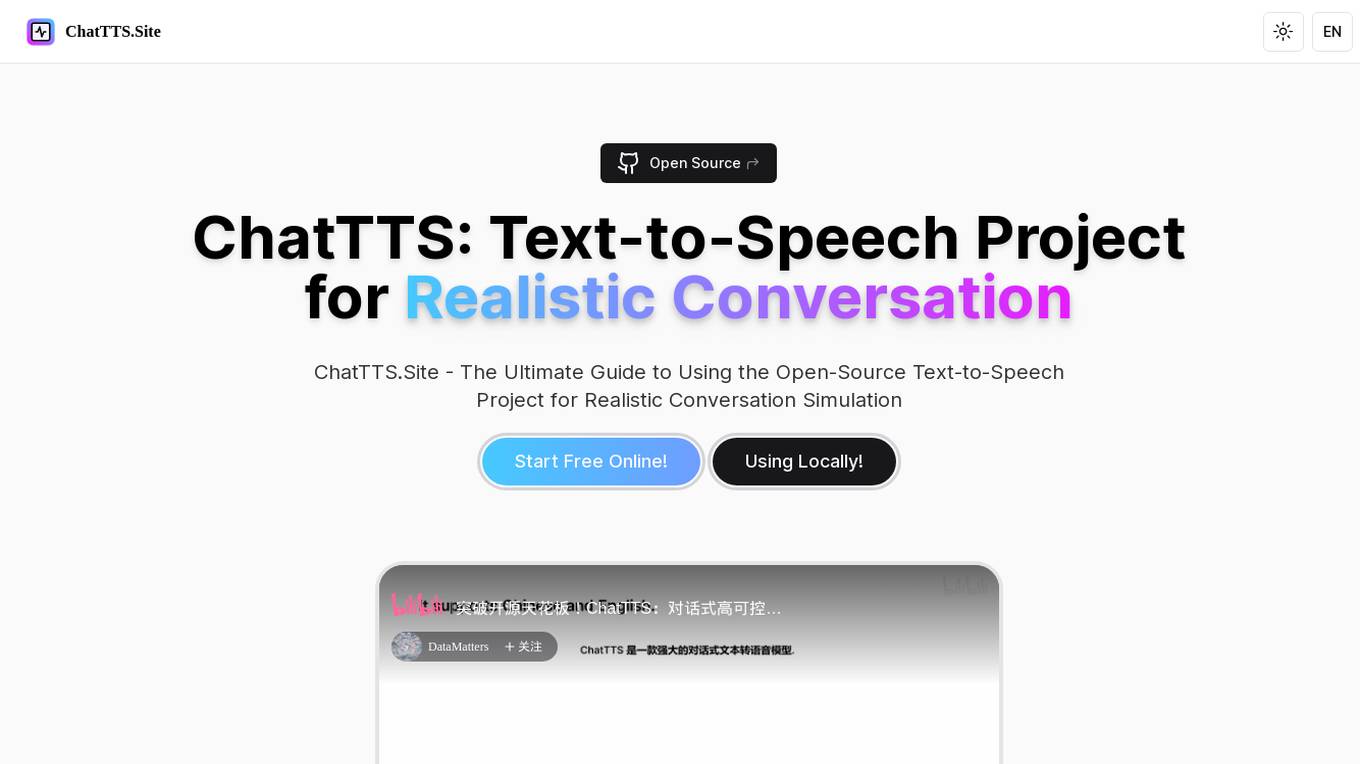
ChatTTS
ChatTTS is an open-source text-to-speech model designed for dialogue scenarios, supporting both English and Chinese speech generation. Trained on approximately 100,000 hours of Chinese and English data, it delivers speech quality comparable to human dialogue. The tool is particularly suitable for tasks involving large language model assistants and creating dialogue-based audio and video introductions. It provides developers with a powerful and easy-to-use tool based on open-source natural language processing and speech synthesis technologies.
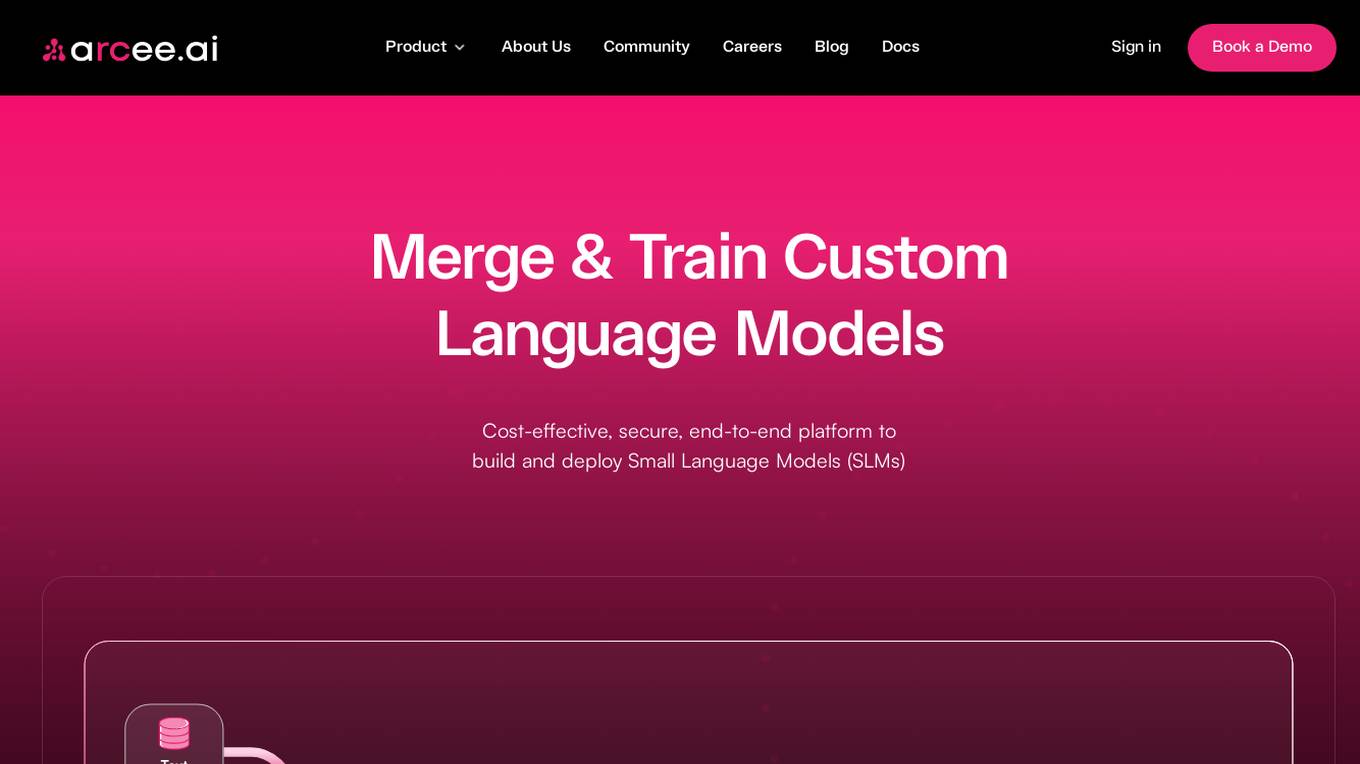
Arcee AI
Arcee AI is a platform that offers a cost-effective, secure, end-to-end solution for building and deploying Small Language Models (SLMs). It allows users to merge and train custom language models by leveraging open source models and their own data. The platform is known for its Model Merging technique, which combines the power of pre-trained Large Language Models (LLMs) with user-specific data to create high-performing models across various industries.

Ragobble
Ragobble is an audio to LLM data tool that allows you to easily convert audio files into text data that can be used to train large language models (LLMs). With Ragobble, you can quickly and easily create high-quality training data for your LLM projects.
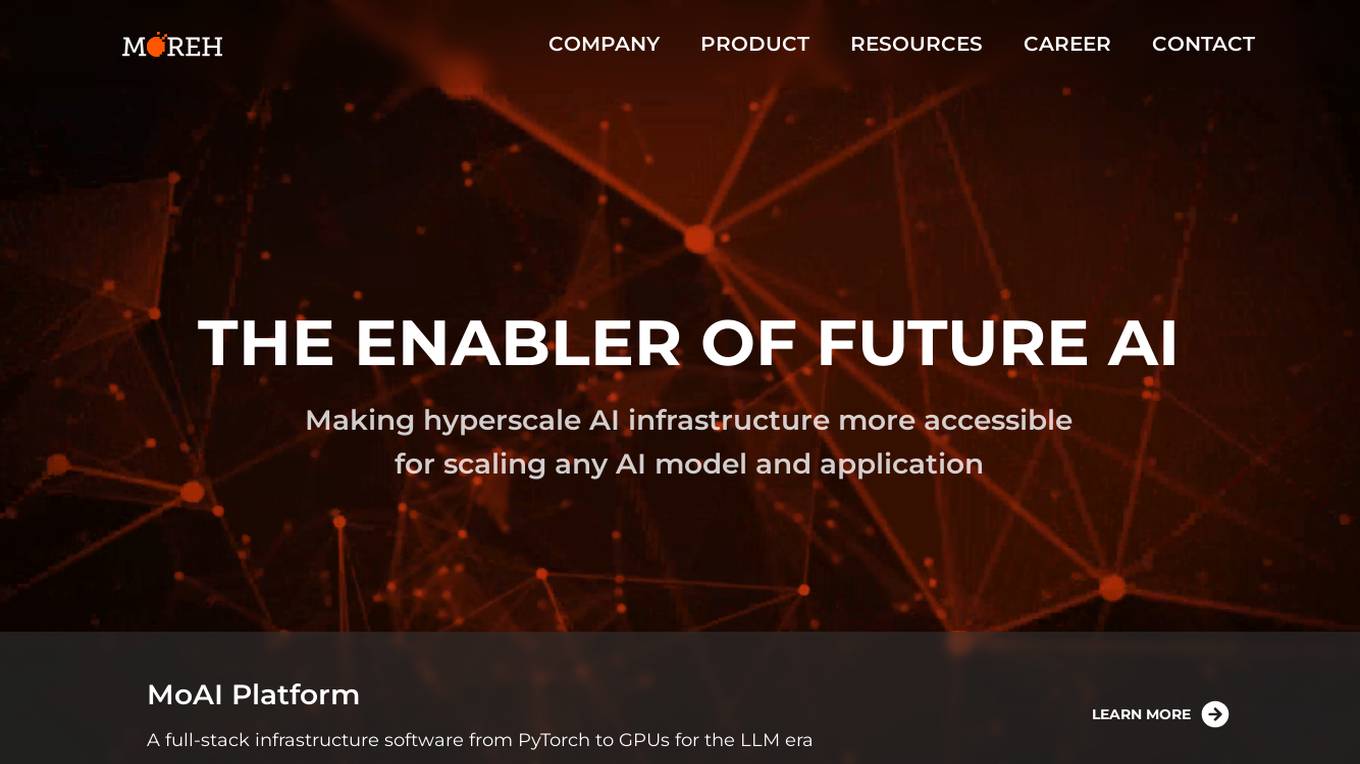
Moreh
Moreh is an AI platform that aims to make hyperscale AI infrastructure more accessible for scaling any AI model and application. It provides a full-stack infrastructure software from PyTorch to GPUs for the LLM era, enabling users to train large language models efficiently and effectively.
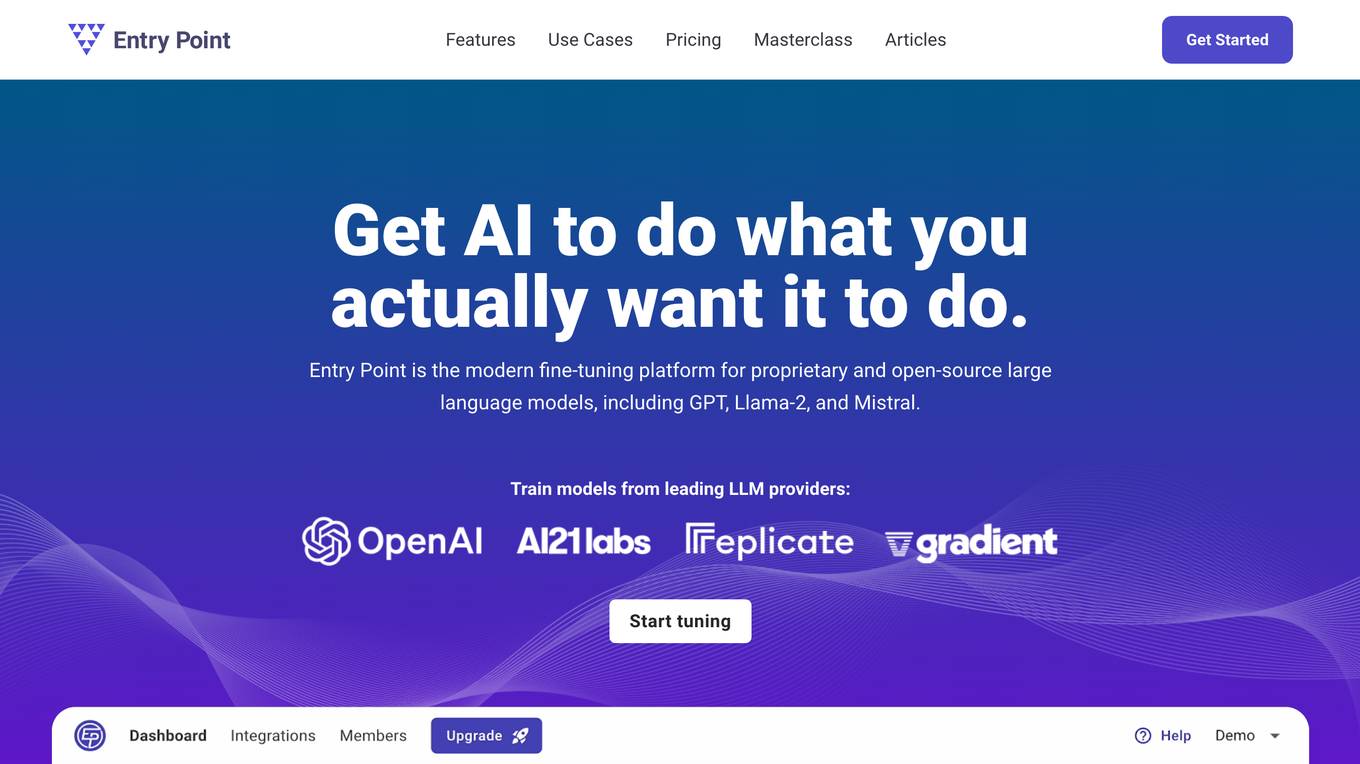
Entry Point AI
Entry Point AI is a modern AI optimization platform for fine-tuning proprietary and open-source language models. It provides a user-friendly interface to manage prompts, fine-tunes, and evaluations in one place. The platform enables users to optimize models from leading providers, train across providers, work collaboratively, write templates, import/export data, share models, and avoid common pitfalls associated with fine-tuning. Entry Point AI simplifies the fine-tuning process, making it accessible to users without the need for extensive data, infrastructure, or insider knowledge.
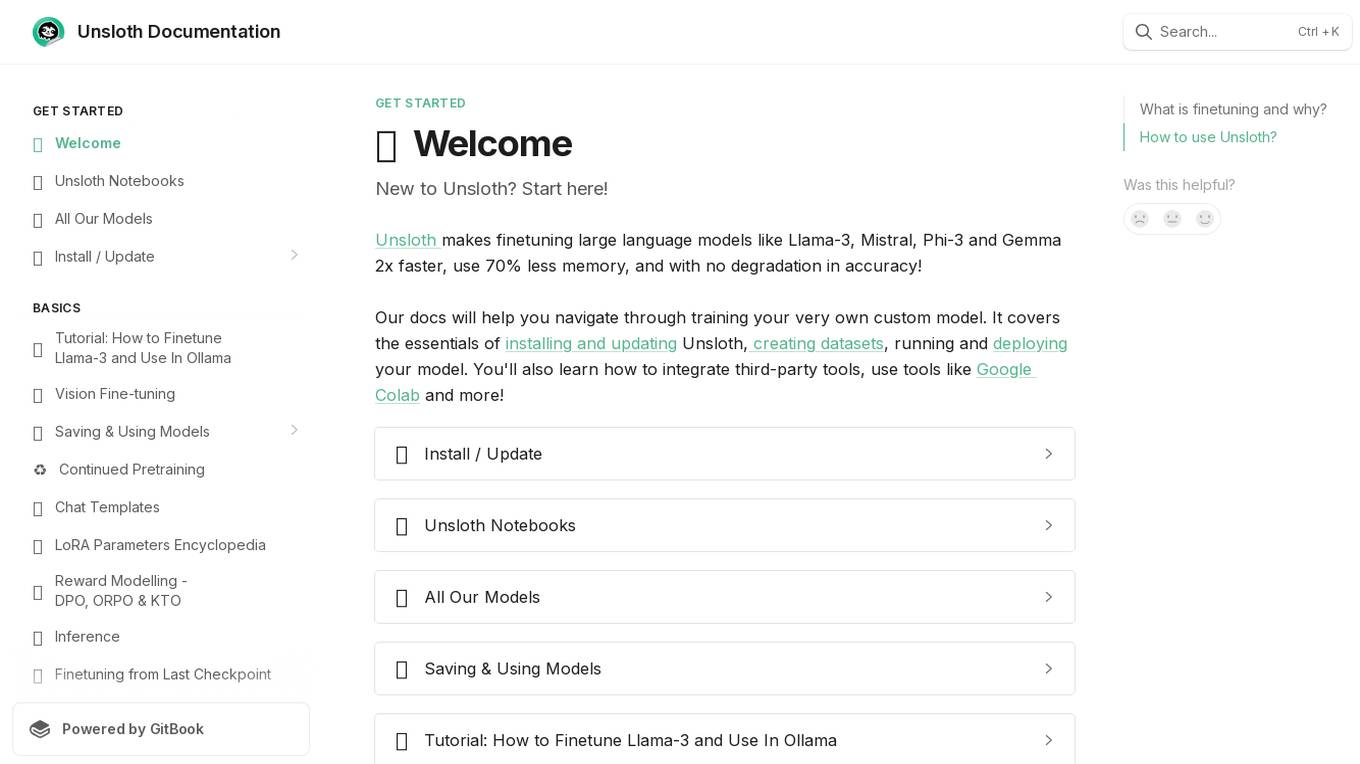
Unsloth
Unsloth is an AI tool designed to make finetuning large language models like Llama-3, Mistral, Phi-3, and Gemma 2x faster, use 70% less memory, and with no degradation in accuracy. The tool provides documentation to help users navigate through training their custom models, covering essentials such as installing and updating Unsloth, creating datasets, running, and deploying models. Users can also integrate third-party tools and utilize platforms like Google Colab.

Denvr DataWorks AI Cloud
Denvr DataWorks AI Cloud is a cloud-based AI platform that provides end-to-end AI solutions for businesses. It offers a range of features including high-performance GPUs, scalable infrastructure, ultra-efficient workflows, and cost efficiency. Denvr DataWorks is an NVIDIA Elite Partner for Compute, and its platform is used by leading AI companies to develop and deploy innovative AI solutions.
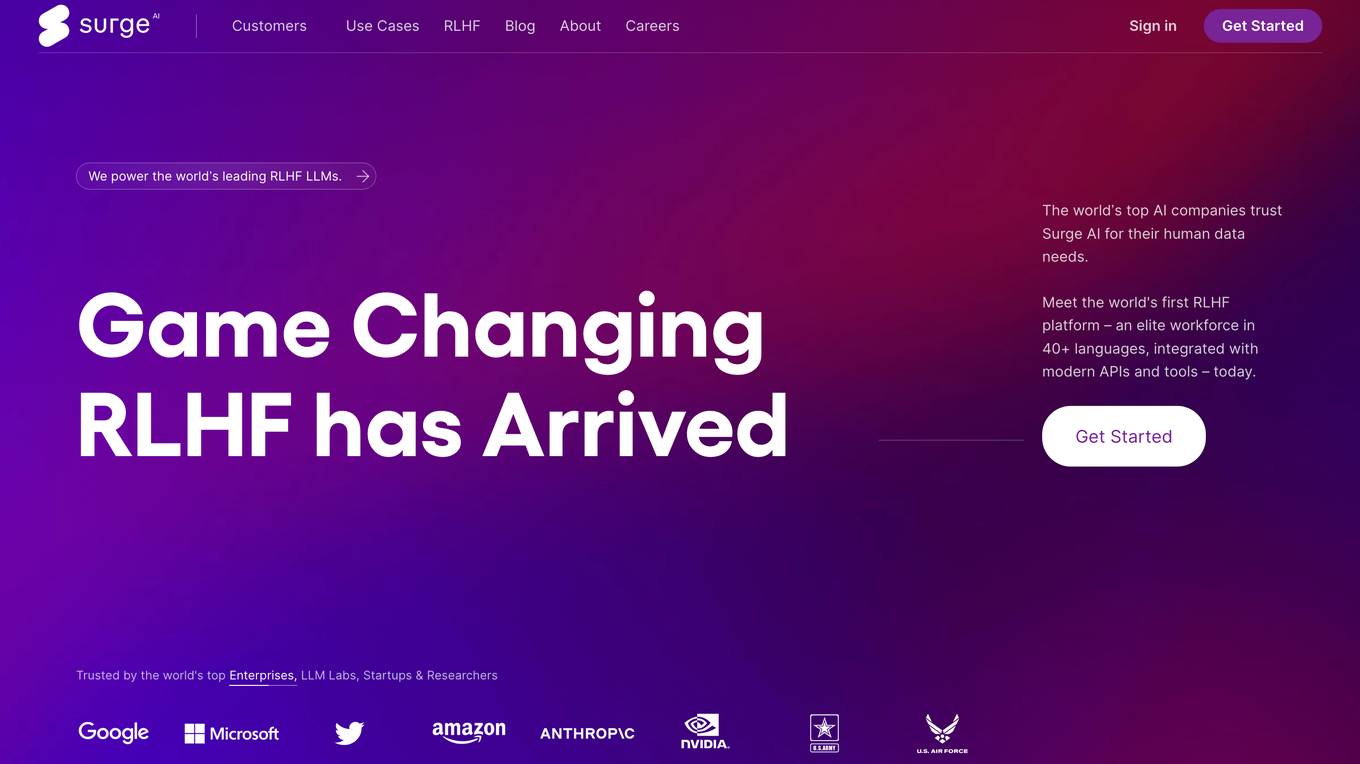
Surge AI
Surge AI is a data labeling platform that provides human-generated data for training and evaluating large language models (LLMs). It offers a global workforce of annotators who can label data in over 40 languages. Surge AI's platform is designed to be easy to use and integrates with popular machine learning tools and frameworks. The company's customers include leading AI companies, research labs, and startups.
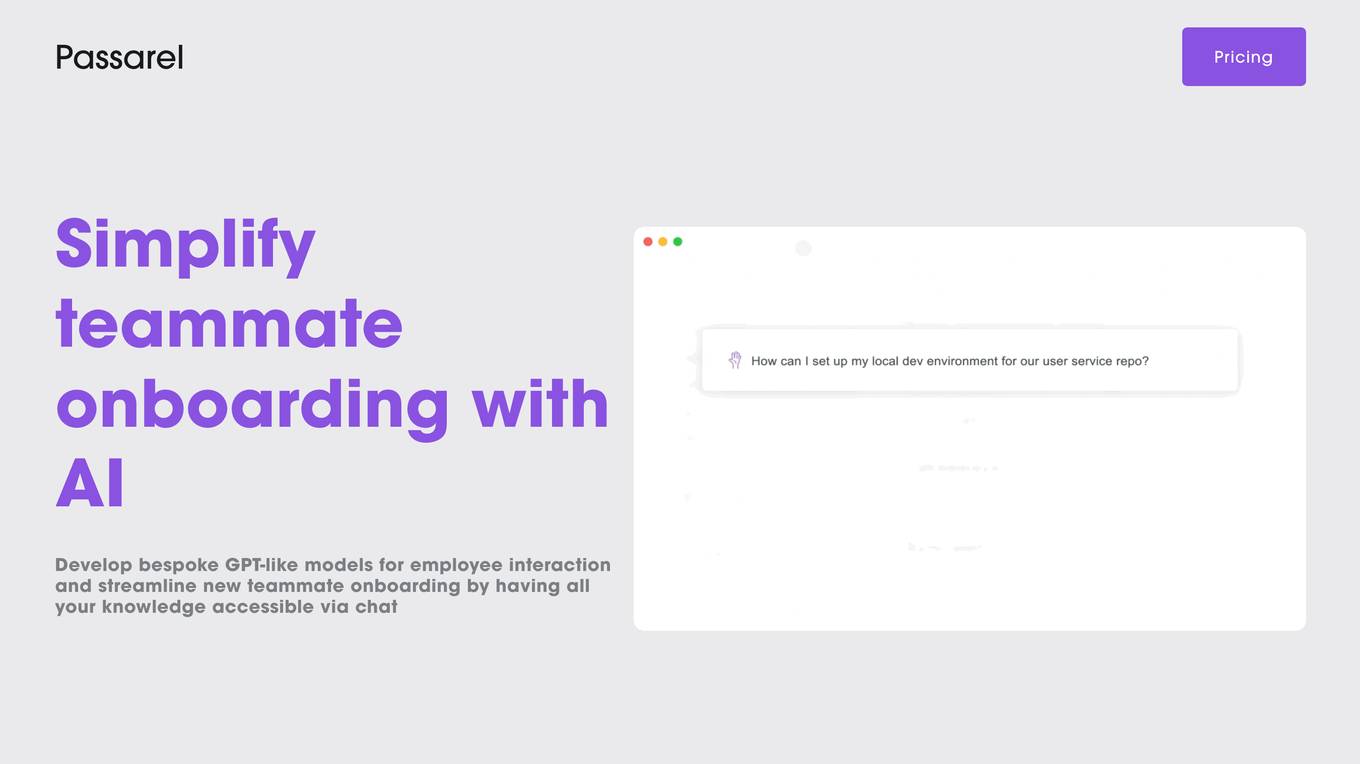
Passarel
Passarel is an AI tool designed to simplify teammate onboarding by developing bespoke GPT-like models for employee interaction. It centralizes knowledge bases into a custom model, allowing new teammates to access information efficiently. Passarel leverages various integrations to tailor language models to team needs, handling contradictions and providing accurate information. The tool works by training models on chosen knowledge bases, learning from data and configurations provided, and deploying the model for team use.
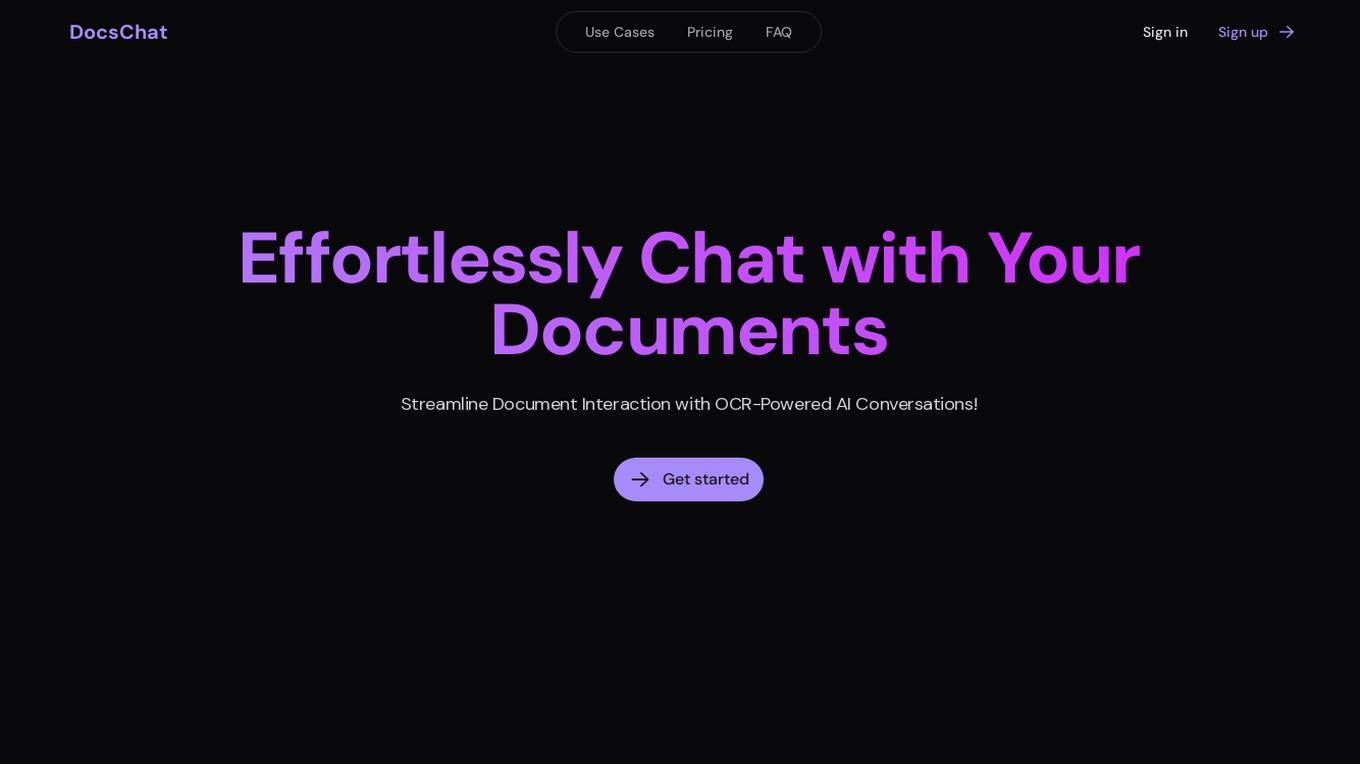
DocsChat
DocsChat is an AI-powered document conversation tool that revolutionizes the way users interact with various types of documents. It leverages OCR-powered AI technology to streamline document interactions, making it easier to comprehend, exchange knowledge, troubleshoot, and navigate through different document types. With a focus on enhancing user experiences across reading, research, business, legal, and training domains, DocsChat offers a versatile platform for effortless and personalized document engagement.
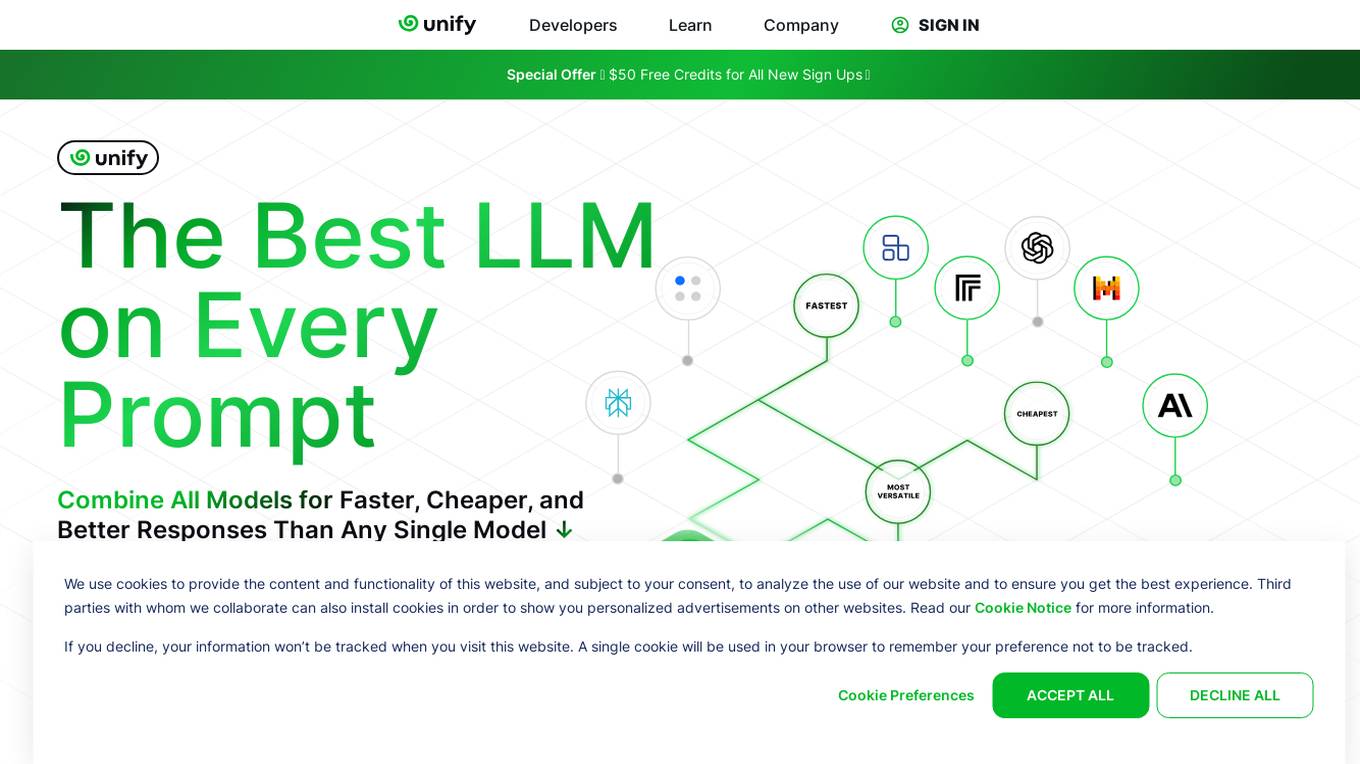
Unify
Unify is an AI tool that offers a unified platform for accessing and comparing various Language Models (LLMs) from different providers. It allows users to combine models for faster, cheaper, and better responses, optimizing for quality, speed, and cost-efficiency. Unify simplifies the complex task of selecting the best LLM by providing transparent benchmarks, personalized routing, and performance optimization tools.
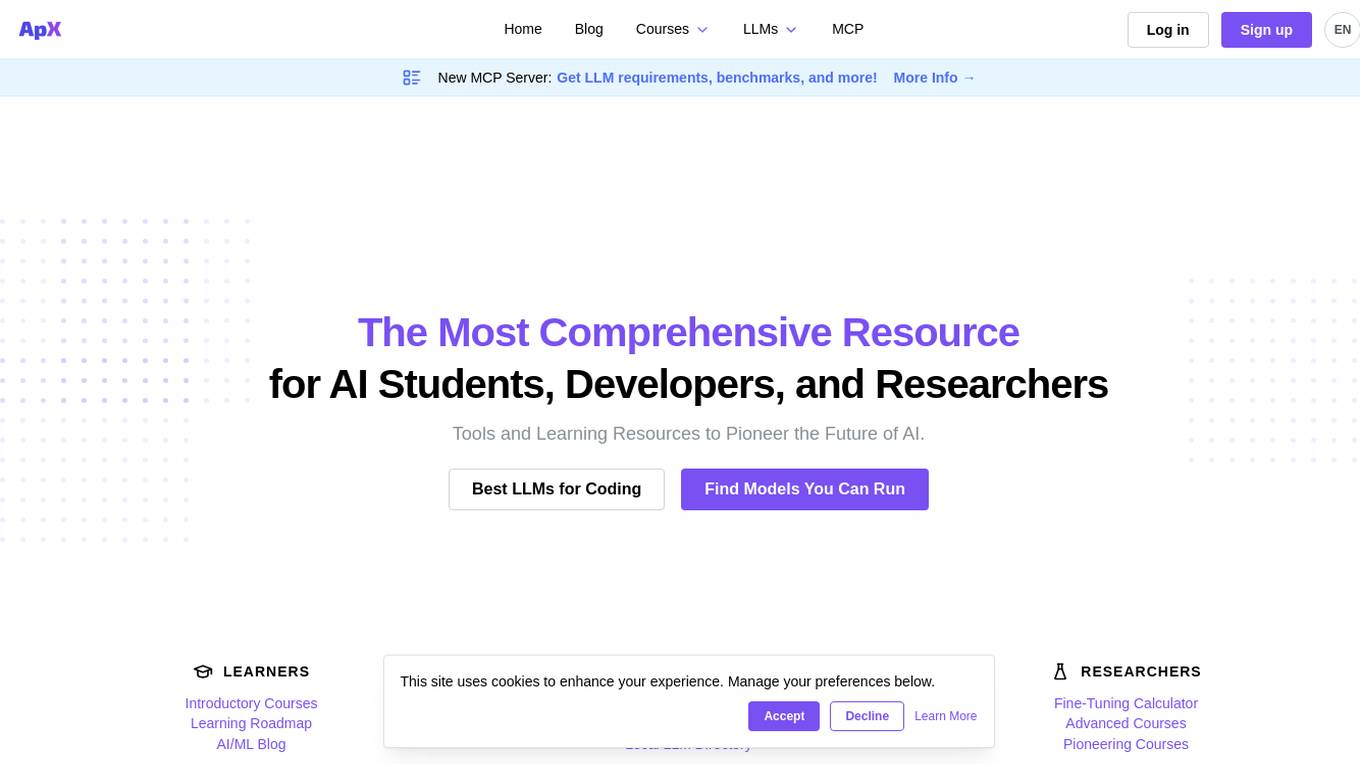
ApX Machine Learning
ApX Machine Learning is a comprehensive resource for AI students, developers, and researchers, offering tools and learning resources to pioneer the future of AI. It provides a wide range of courses, tools, and benchmarks for learners, developers, and researchers in the field of machine learning and artificial intelligence. The platform aims to enhance the capabilities of existing large language models (LLMs) through the Model Context Protocol (MCP), providing access to resources, benchmarks, and tools to improve LLM performance and efficiency.
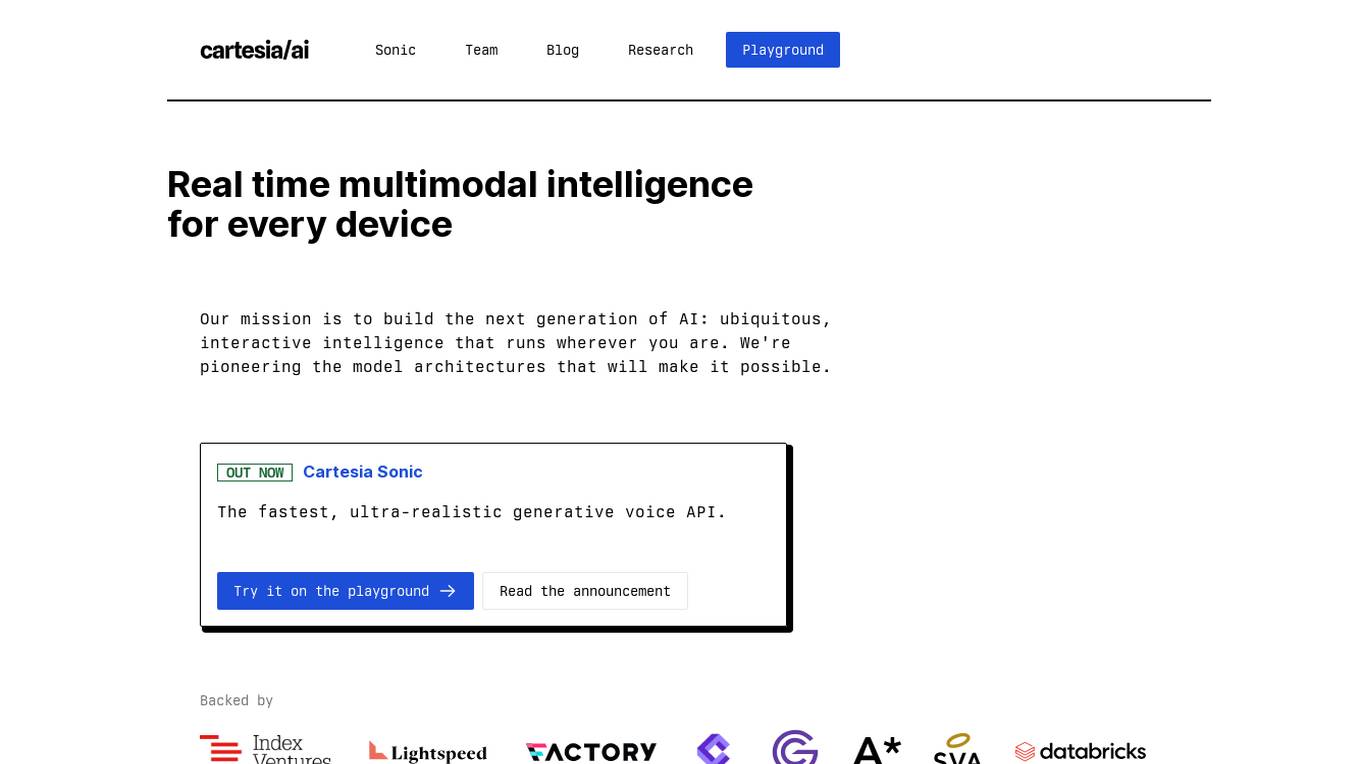
Cartesia Sonic Team Blog Research Playground
Cartesia Sonic Team Blog Research Playground is an AI application that offers real-time multimodal intelligence for every device. The application aims to build the next generation of AI by providing ubiquitous, interactive intelligence that can run on any device. It features the fastest, ultra-realistic generative voice API and is backed by research on simple linear attention language models and state-space models. The founding team, who met at the Stanford AI Lab, has invented State Space Models (SSMs) and scaled it up to achieve state-of-the-art results in various modalities such as text, audio, video, images, and time-series data.
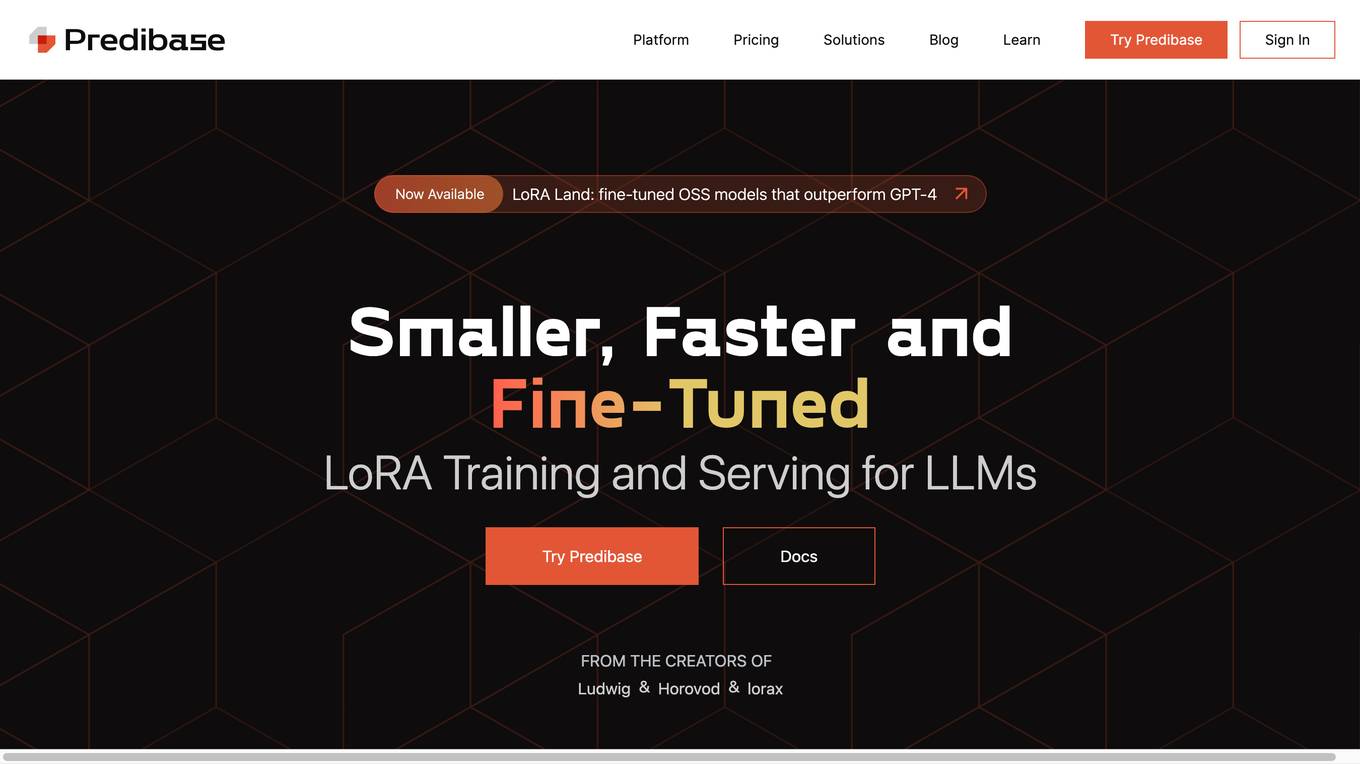
Predibase
Predibase is a platform for fine-tuning and serving Large Language Models (LLMs). It provides a cost-effective and efficient way to train and deploy LLMs for a variety of tasks, including classification, information extraction, customer sentiment analysis, customer support, code generation, and named entity recognition. Predibase is built on proven open-source technology, including LoRAX, Ludwig, and Horovod.
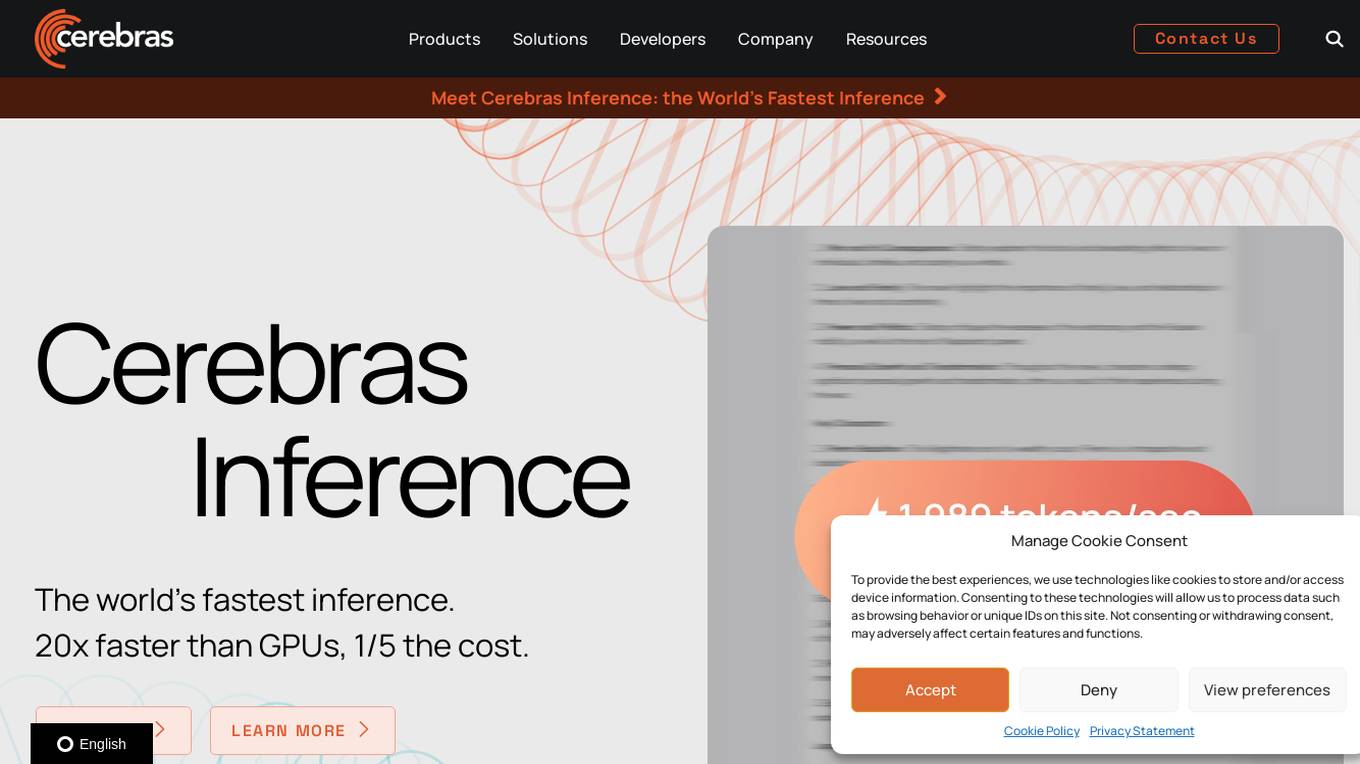
Cerebras
Cerebras is an AI tool that offers products and services related to AI supercomputers, cloud system processors, and applications for various industries. It provides high-performance computing solutions, including large language models, and caters to sectors such as health, energy, government, scientific computing, and financial services. Cerebras specializes in AI model services, offering state-of-the-art models and training services for tasks like multi-lingual chatbots and DNA sequence prediction. The platform also features the Cerebras Model Zoo, an open-source repository of AI models for developers and researchers.

Kong.ai
Kong.ai is an AI-powered platform offering Conversational Chatbots and AI Agents to automate and streamline various business operations such as customer support, sales, HR, and marketing workflows. The platform leverages state-of-the-art language models and machine learning to provide natural and intelligent conversations. Kong.ai provides specialized AI Agents for tasks like lead generation, social media management, recruitment, and more, helping businesses enhance efficiency and productivity.
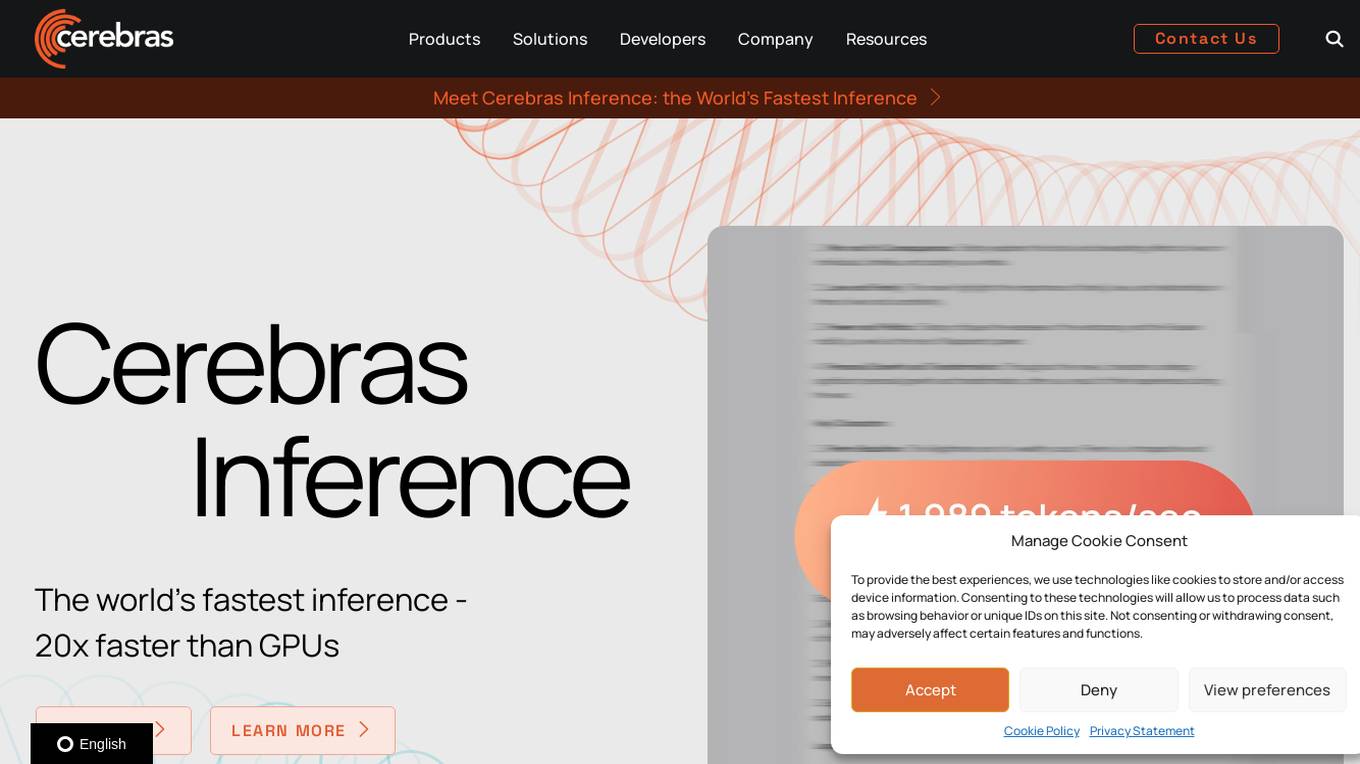
Cerebras
Cerebras is a leading AI tool and application provider that offers cutting-edge AI supercomputers, model services, and cloud solutions for various industries. The platform specializes in high-performance computing, large language models, and AI model training, catering to sectors such as health, energy, government, and financial services. Cerebras empowers developers and researchers with access to advanced AI models, open-source resources, and innovative hardware and software development kits.

Azure AI Platform
Azure AI Platform by Microsoft offers a comprehensive suite of artificial intelligence services and tools for developers and businesses. It provides a unified platform for building, training, and deploying AI models, as well as integrating AI capabilities into applications. With a focus on generative AI, multimodal models, and large language models, Azure AI empowers users to create innovative AI-driven solutions across various industries. The platform also emphasizes content safety, scalability, and agility in managing AI projects, making it a valuable resource for organizations looking to leverage AI technologies.
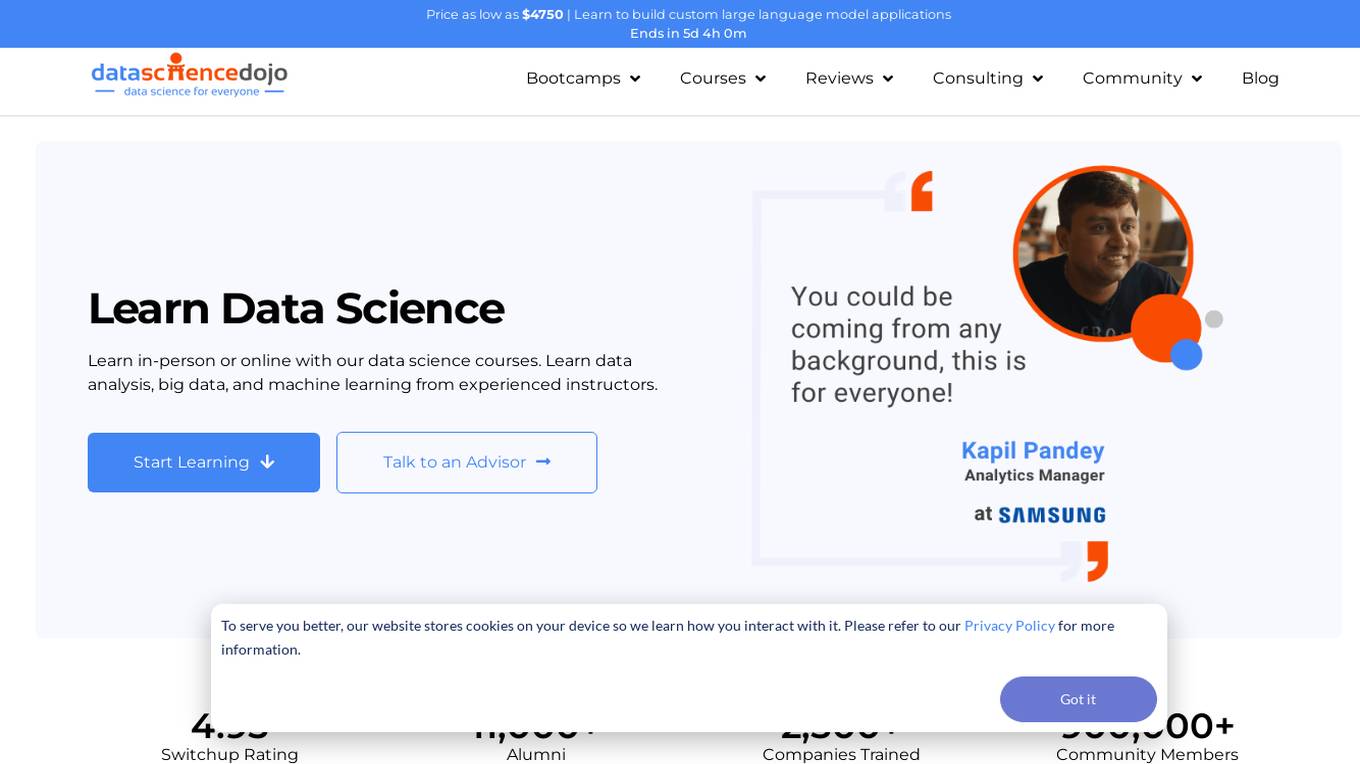
Data Science Dojo
Data Science Dojo is a globally recognized e-learning platform that offers programs in data science, data analytics, machine learning, and more. They provide comprehensive and hands-on training in various formats such as in-person, virtual instructor-led, and self-paced training. The focus is on helping students develop a think-business-first mindset to apply their data science skills effectively in real-world scenarios. With over 2500 enterprises trained, Data Science Dojo aims to make data science accessible to everyone.
23 - Open Source AI Tools
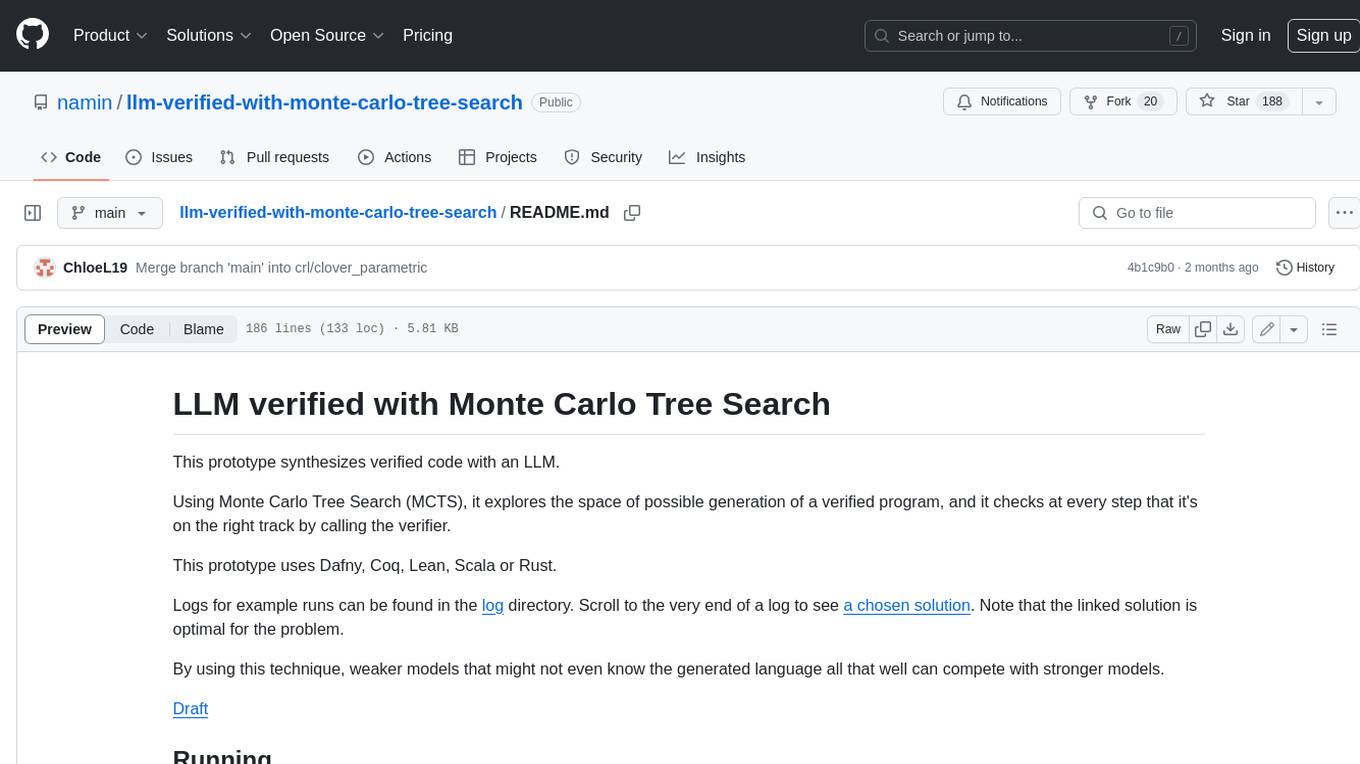
llm-verified-with-monte-carlo-tree-search
This prototype synthesizes verified code with an LLM using Monte Carlo Tree Search (MCTS). It explores the space of possible generation of a verified program and checks at every step that it's on the right track by calling the verifier. This prototype uses Dafny, Coq, Lean, Scala, or Rust. By using this technique, weaker models that might not even know the generated language all that well can compete with stronger models.
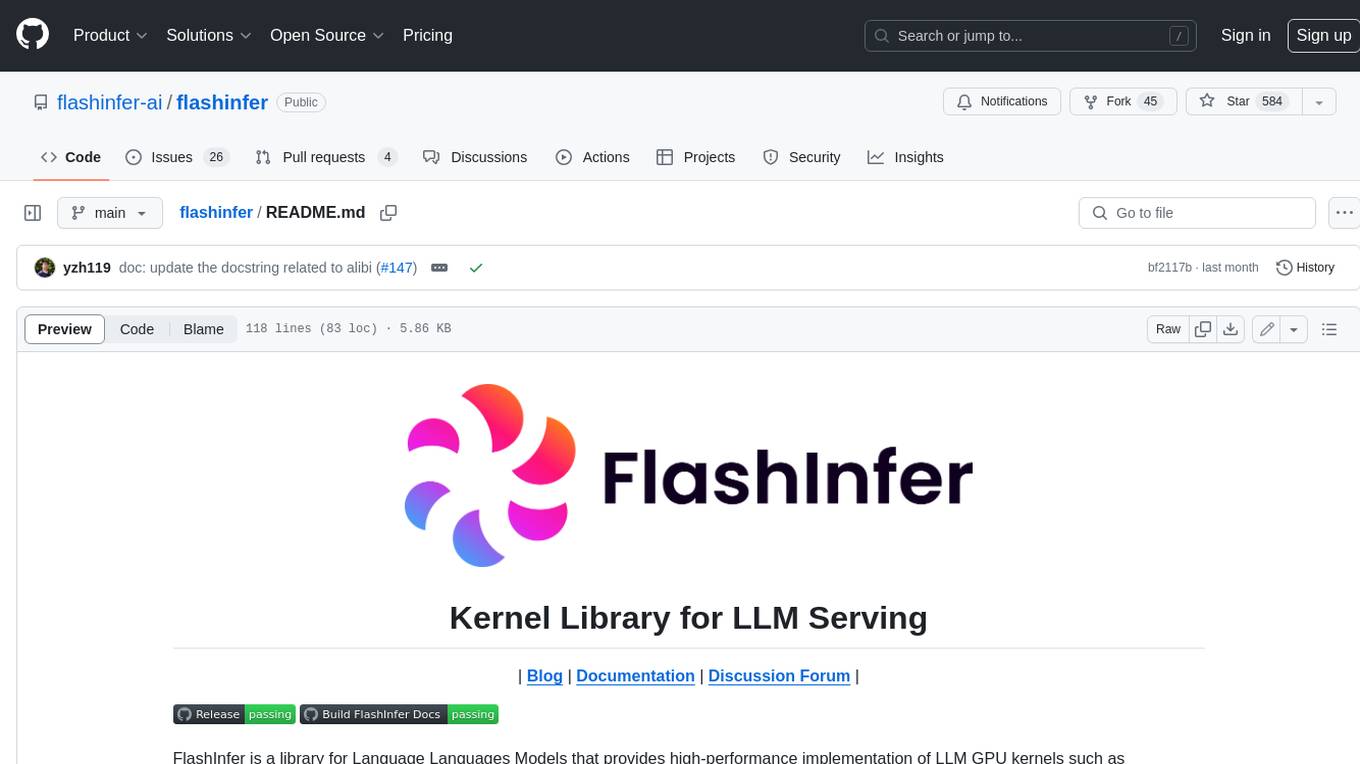
flashinfer
FlashInfer is a library for Language Languages Models that provides high-performance implementation of LLM GPU kernels such as FlashAttention, PageAttention and LoRA. FlashInfer focus on LLM serving and inference, and delivers state-the-art performance across diverse scenarios.
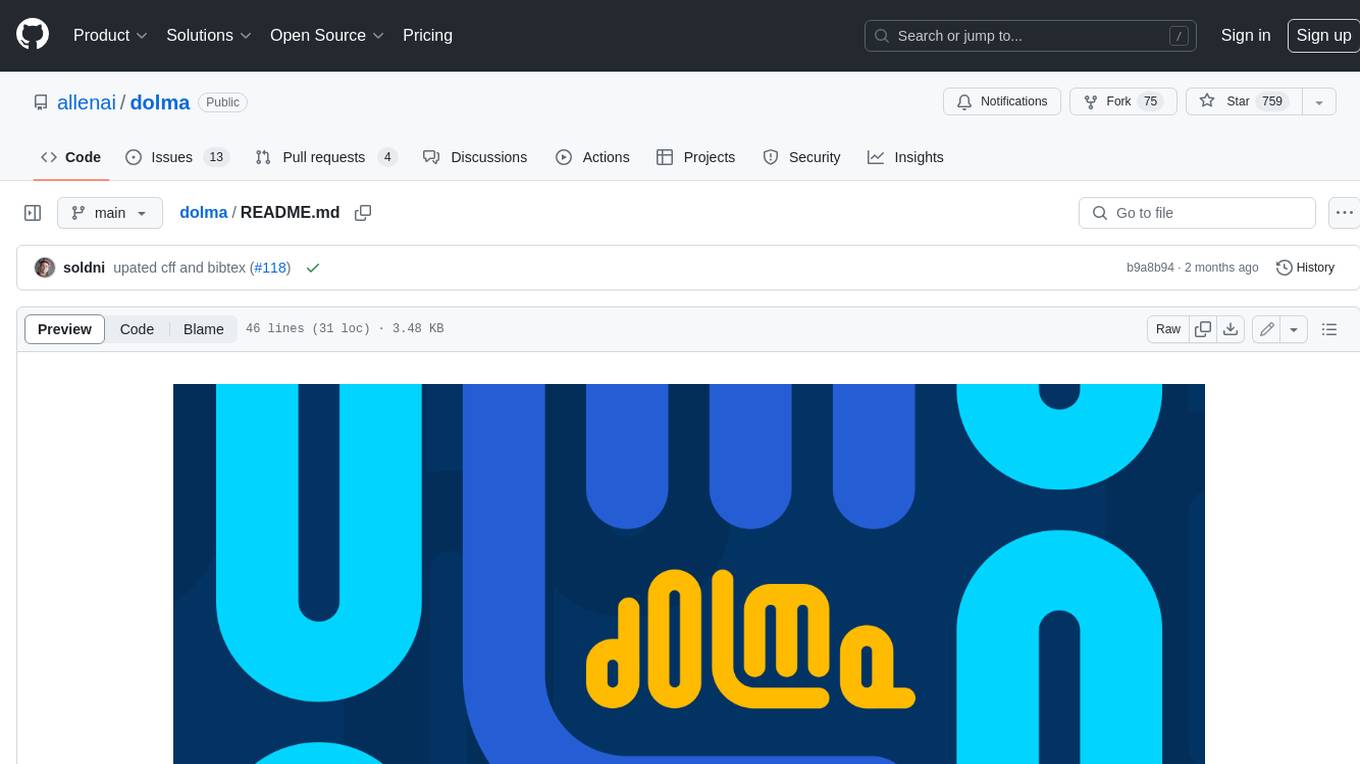
dolma
Dolma is a dataset and toolkit for curating large datasets for (pre)-training ML models. The dataset consists of 3 trillion tokens from a diverse mix of web content, academic publications, code, books, and encyclopedic materials. The toolkit provides high-performance, portable, and extensible tools for processing, tagging, and deduplicating documents. Key features of the toolkit include built-in taggers, fast deduplication, and cloud support.

web-llm
WebLLM is a modular and customizable javascript package that directly brings language model chats directly onto web browsers with hardware acceleration. Everything runs inside the browser with no server support and is accelerated with WebGPU. WebLLM is fully compatible with OpenAI API. That is, you can use the same OpenAI API on any open source models locally, with functionalities including json-mode, function-calling, streaming, etc. We can bring a lot of fun opportunities to build AI assistants for everyone and enable privacy while enjoying GPU acceleration.

nlp-llms-resources
The 'nlp-llms-resources' repository is a comprehensive resource list for Natural Language Processing (NLP) and Large Language Models (LLMs). It covers a wide range of topics including traditional NLP datasets, data acquisition, libraries for NLP, neural networks, sentiment analysis, optical character recognition, information extraction, semantics, topic modeling, multilingual NLP, domain-specific LLMs, vector databases, ethics, costing, books, courses, surveys, aggregators, newsletters, papers, conferences, and societies. The repository provides valuable information and resources for individuals interested in NLP and LLMs.
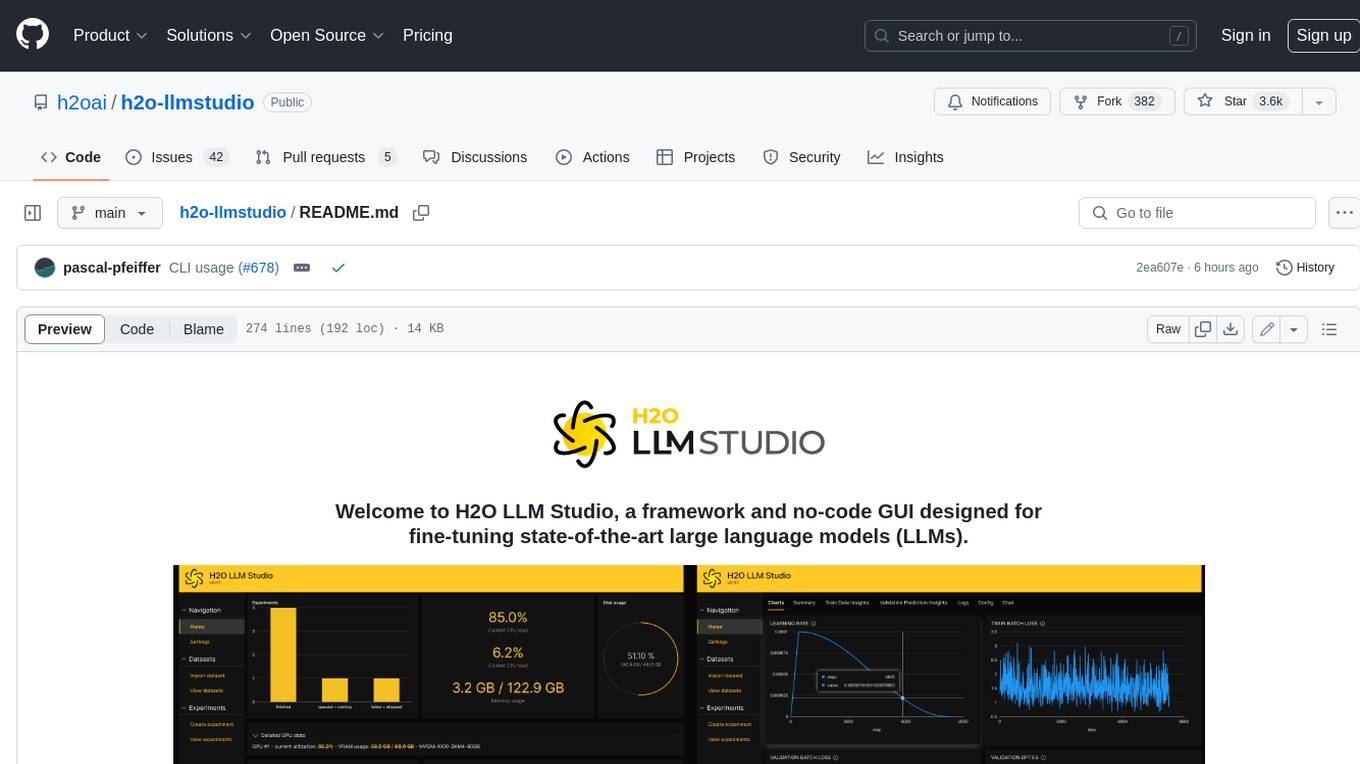
h2o-llmstudio
H2O LLM Studio is a framework and no-code GUI designed for fine-tuning state-of-the-art large language models (LLMs). With H2O LLM Studio, you can easily and effectively fine-tune LLMs without the need for any coding experience. The GUI is specially designed for large language models, and you can finetune any LLM using a large variety of hyperparameters. You can also use recent finetuning techniques such as Low-Rank Adaptation (LoRA) and 8-bit model training with a low memory footprint. Additionally, you can use Reinforcement Learning (RL) to finetune your model (experimental), use advanced evaluation metrics to judge generated answers by the model, track and compare your model performance visually, and easily export your model to the Hugging Face Hub and share it with the community.

KULLM
KULLM (구름) is a Korean Large Language Model developed by Korea University NLP & AI Lab and HIAI Research Institute. It is based on the upstage/SOLAR-10.7B-v1.0 model and has been fine-tuned for instruction. The model has been trained on 8×A100 GPUs and is capable of generating responses in Korean language. KULLM exhibits hallucination and repetition phenomena due to its decoding strategy. Users should be cautious as the model may produce inaccurate or harmful results. Performance may vary in benchmarks without a fixed system prompt.
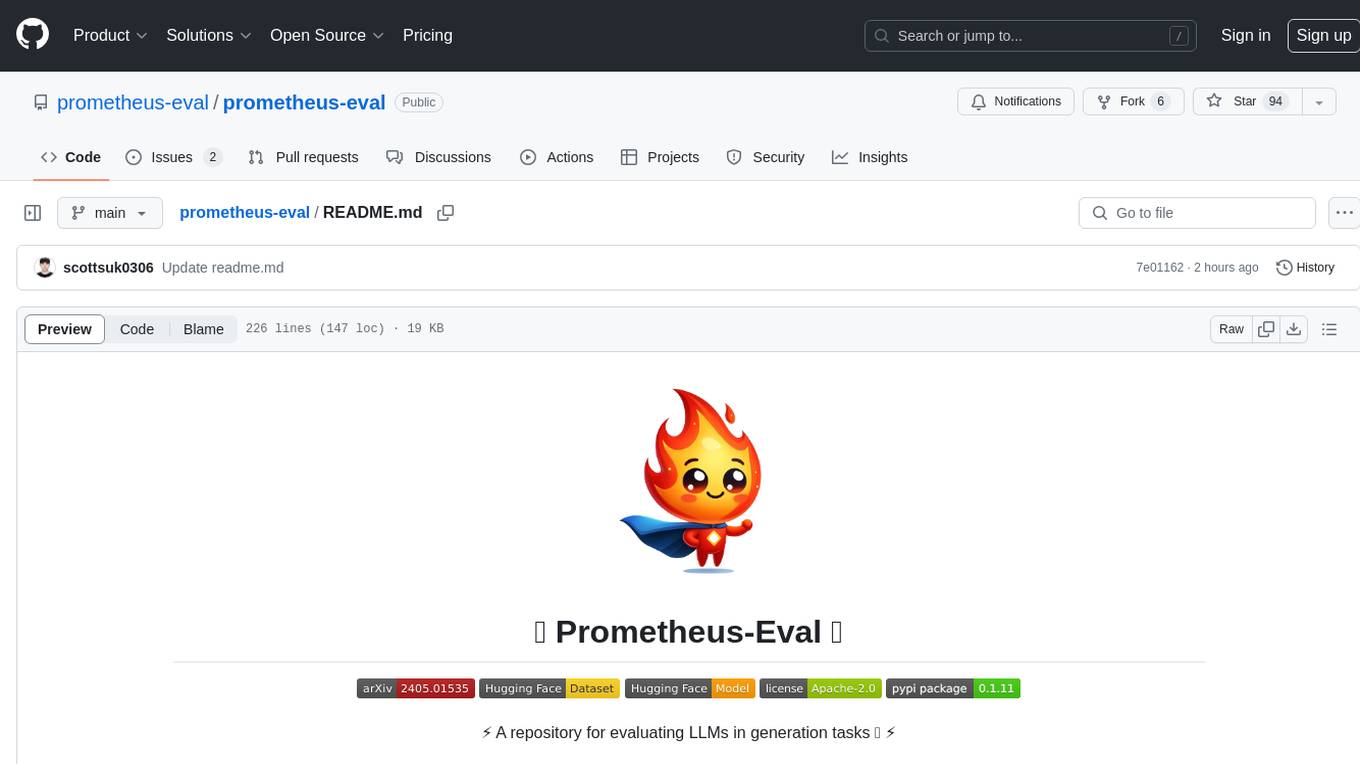
prometheus-eval
Prometheus-Eval is a repository dedicated to evaluating large language models (LLMs) in generation tasks. It provides state-of-the-art language models like Prometheus 2 (7B & 8x7B) for assessing in pairwise ranking formats and achieving high correlation scores with benchmarks. The repository includes tools for training, evaluating, and using these models, along with scripts for fine-tuning on custom datasets. Prometheus aims to address issues like fairness, controllability, and affordability in evaluations by simulating human judgments and proprietary LM-based assessments.
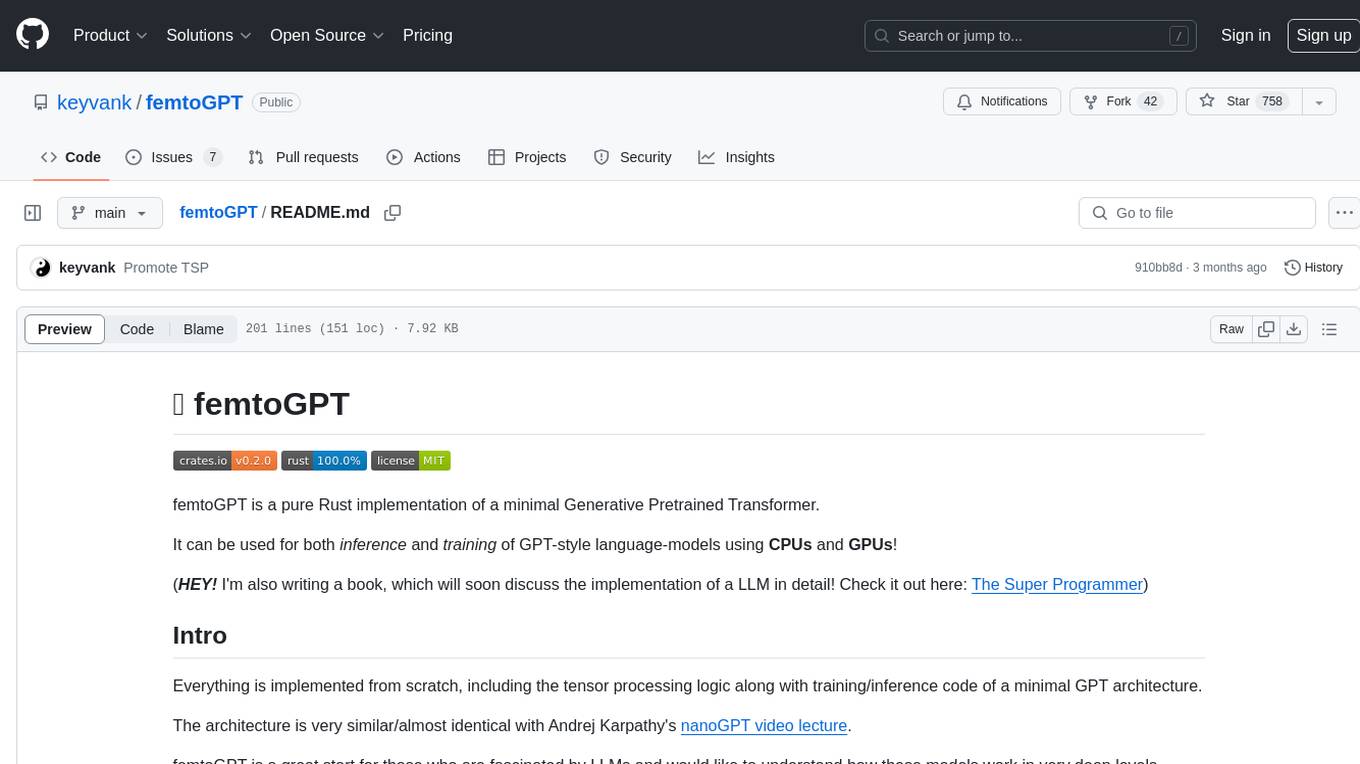
femtoGPT
femtoGPT is a pure Rust implementation of a minimal Generative Pretrained Transformer. It can be used for both inference and training of GPT-style language models using CPUs and GPUs. The tool is implemented from scratch, including tensor processing logic and training/inference code of a minimal GPT architecture. It is a great start for those fascinated by LLMs and wanting to understand how these models work at deep levels. The tool uses random generation libraries, data-serialization libraries, and a parallel computing library. It is relatively fast on CPU and correctness of gradients is checked using the gradient-check method.
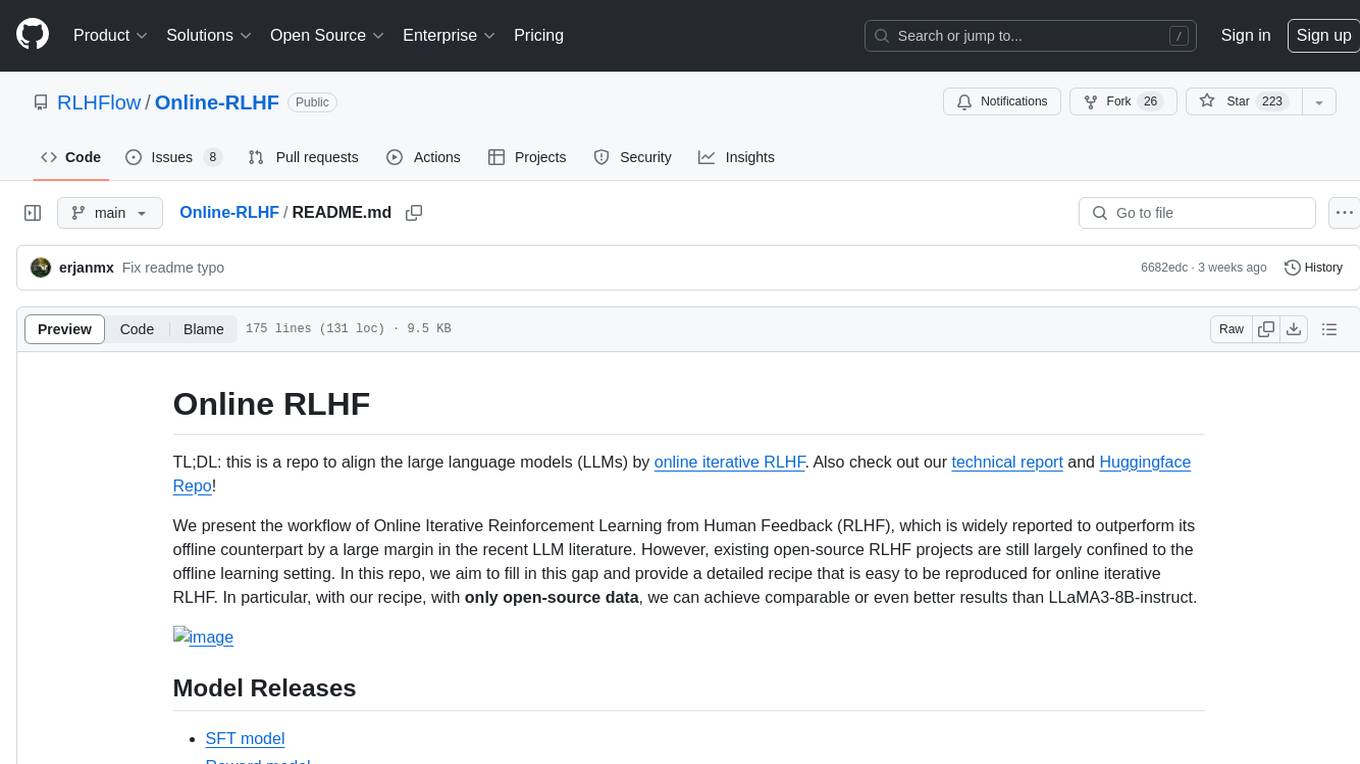
Online-RLHF
This repository, Online RLHF, focuses on aligning large language models (LLMs) through online iterative Reinforcement Learning from Human Feedback (RLHF). It aims to bridge the gap in existing open-source RLHF projects by providing a detailed recipe for online iterative RLHF. The workflow presented here has shown to outperform offline counterparts in recent LLM literature, achieving comparable or better results than LLaMA3-8B-instruct using only open-source data. The repository includes model releases for SFT, Reward model, and RLHF model, along with installation instructions for both inference and training environments. Users can follow step-by-step guidance for supervised fine-tuning, reward modeling, data generation, data annotation, and training, ultimately enabling iterative training to run automatically.
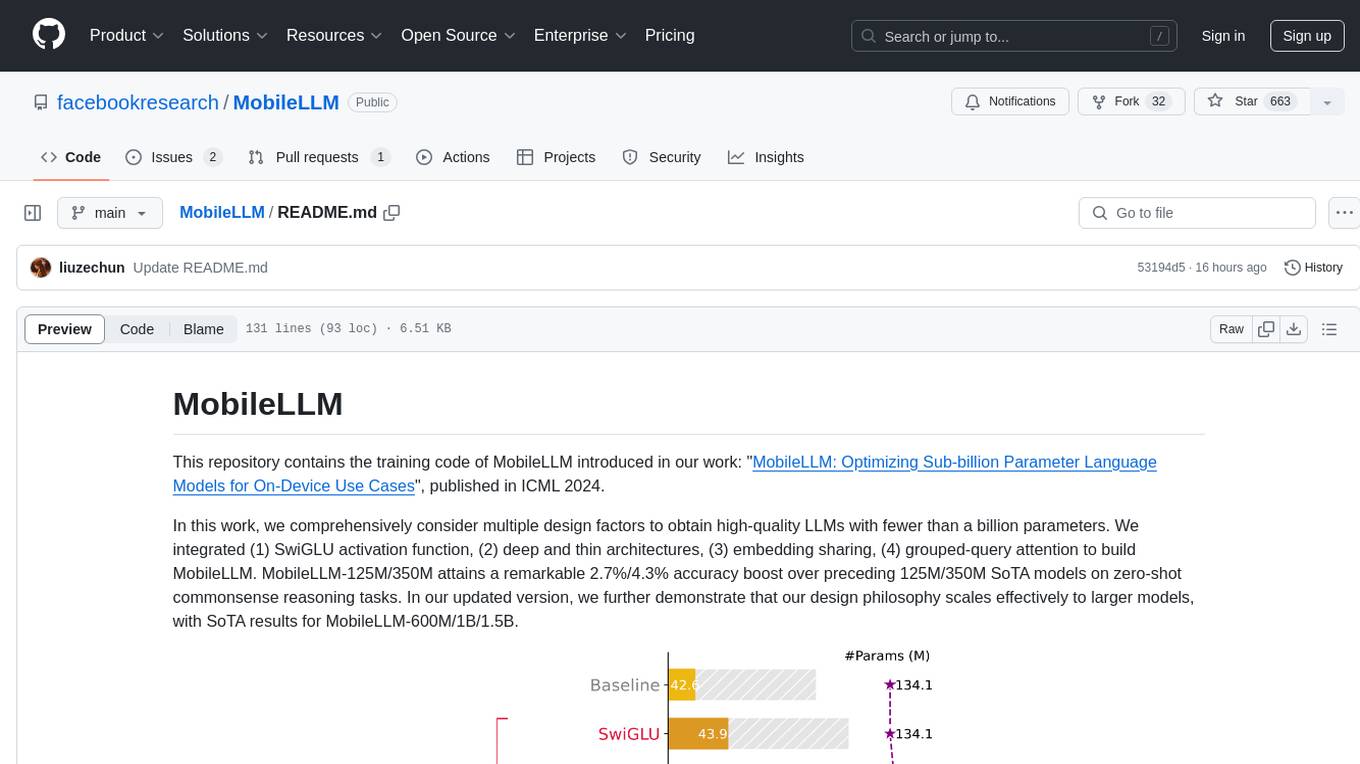
MobileLLM
This repository contains the training code of MobileLLM, a language model optimized for on-device use cases with fewer than a billion parameters. It integrates SwiGLU activation function, deep and thin architectures, embedding sharing, and grouped-query attention to achieve high-quality LLMs. MobileLLM-125M/350M shows significant accuracy improvements over previous models on zero-shot commonsense reasoning tasks. The design philosophy scales effectively to larger models, with state-of-the-art results for MobileLLM-600M/1B/1.5B.
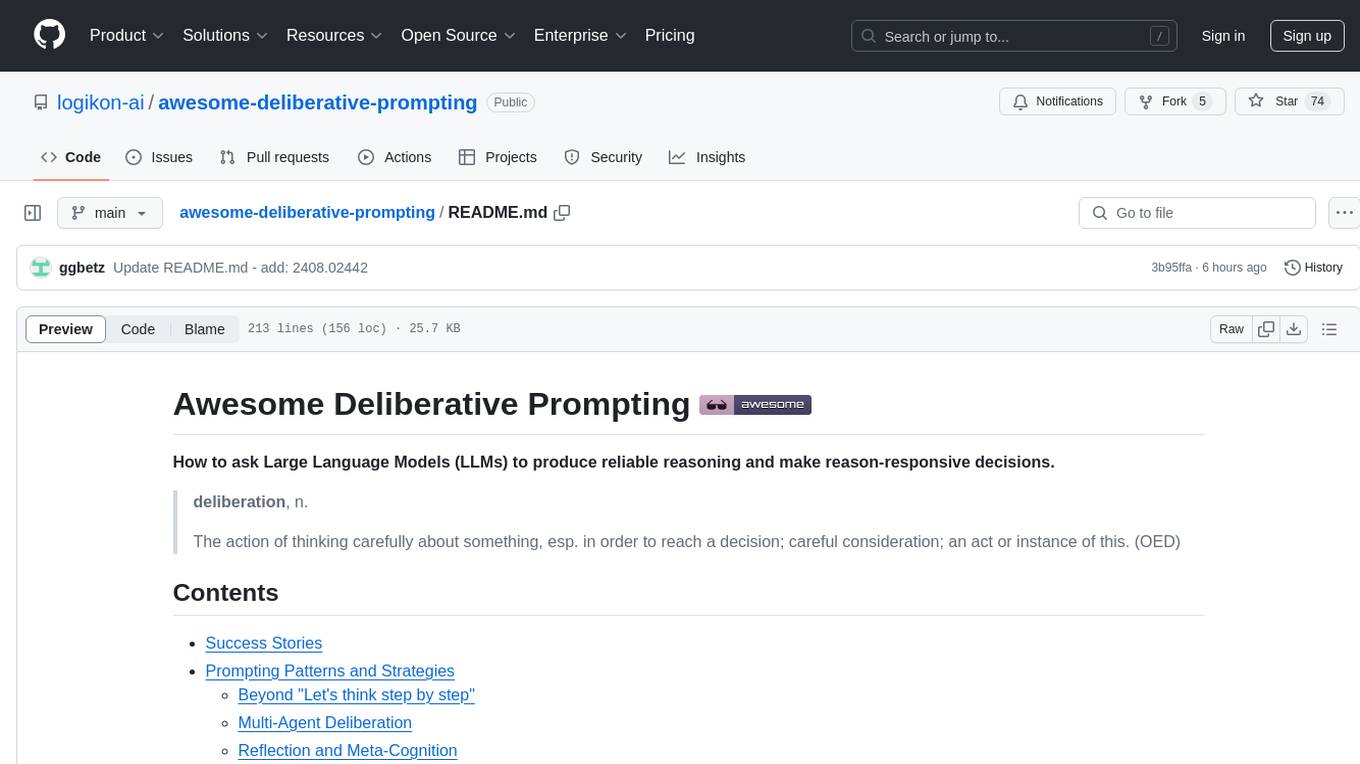
awesome-deliberative-prompting
The 'awesome-deliberative-prompting' repository focuses on how to ask Large Language Models (LLMs) to produce reliable reasoning and make reason-responsive decisions through deliberative prompting. It includes success stories, prompting patterns and strategies, multi-agent deliberation, reflection and meta-cognition, text generation techniques, self-correction methods, reasoning analytics, limitations, failures, puzzles, datasets, tools, and other resources related to deliberative prompting. The repository provides a comprehensive overview of research, techniques, and tools for enhancing reasoning capabilities of LLMs.
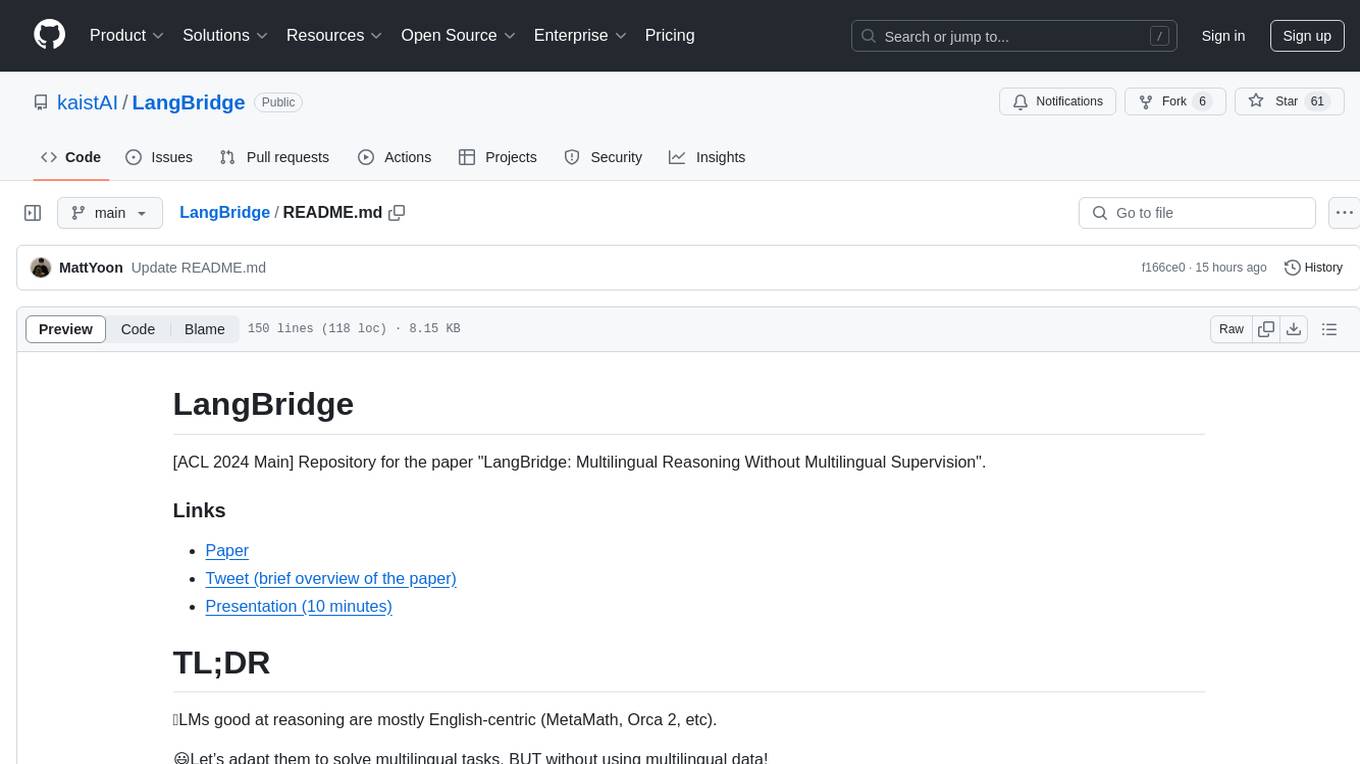
LangBridge
LangBridge is a tool that bridges mT5 encoder and the target LM together using only English data. It enables models to effectively solve multilingual reasoning tasks without the need for multilingual supervision. The tool provides pretrained models like Orca 2, MetaMath, Code Llama, Llemma, and Llama 2 for various instruction-tuned and not instruction-tuned scenarios. Users can install the tool to replicate evaluations from the paper and utilize the models for multilingual reasoning tasks. LangBridge is particularly useful for low-resource languages and may lower performance in languages where the language model is already proficient.
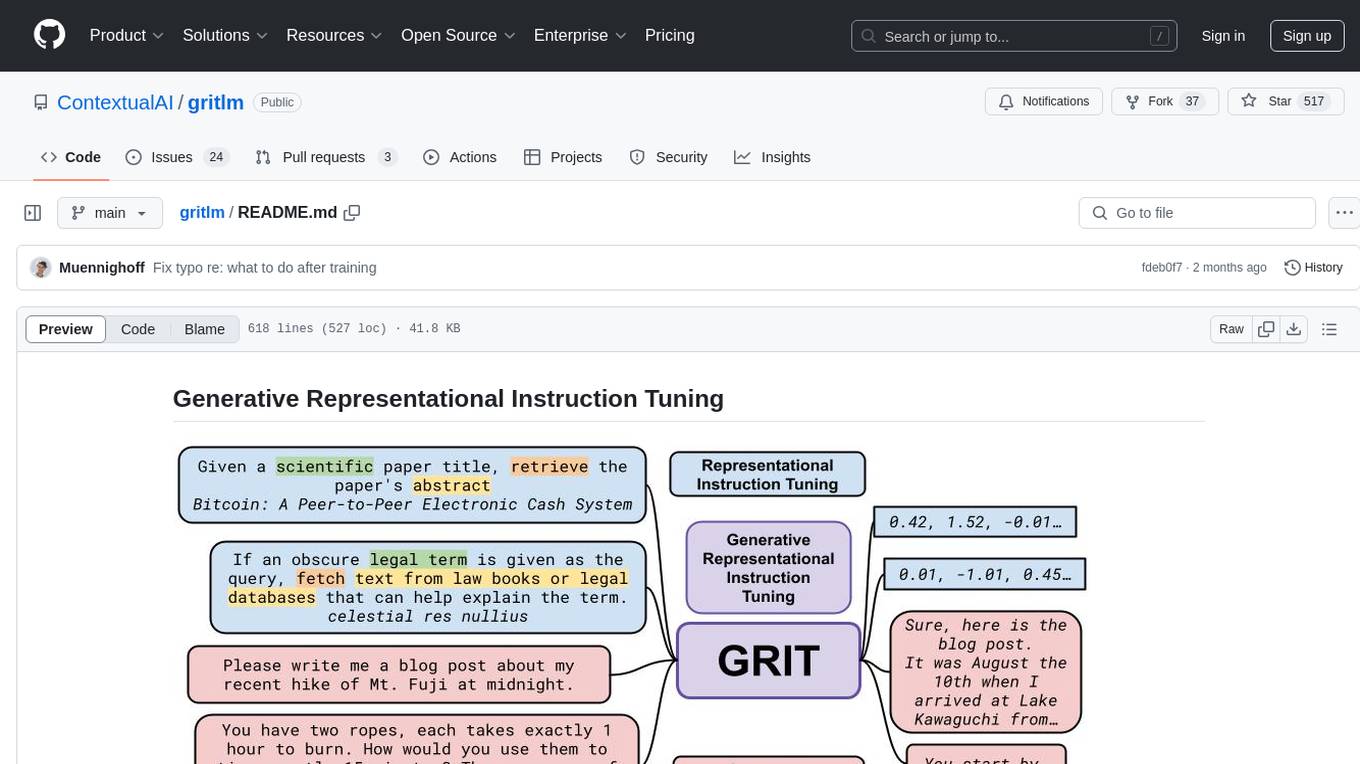
gritlm
The 'gritlm' repository provides all materials for the paper Generative Representational Instruction Tuning. It includes code for inference, training, evaluation, and known issues related to the GritLM model. The repository also offers models for embedding and generation tasks, along with instructions on how to train and evaluate the models. Additionally, it contains visualizations, acknowledgements, and a citation for referencing the work.
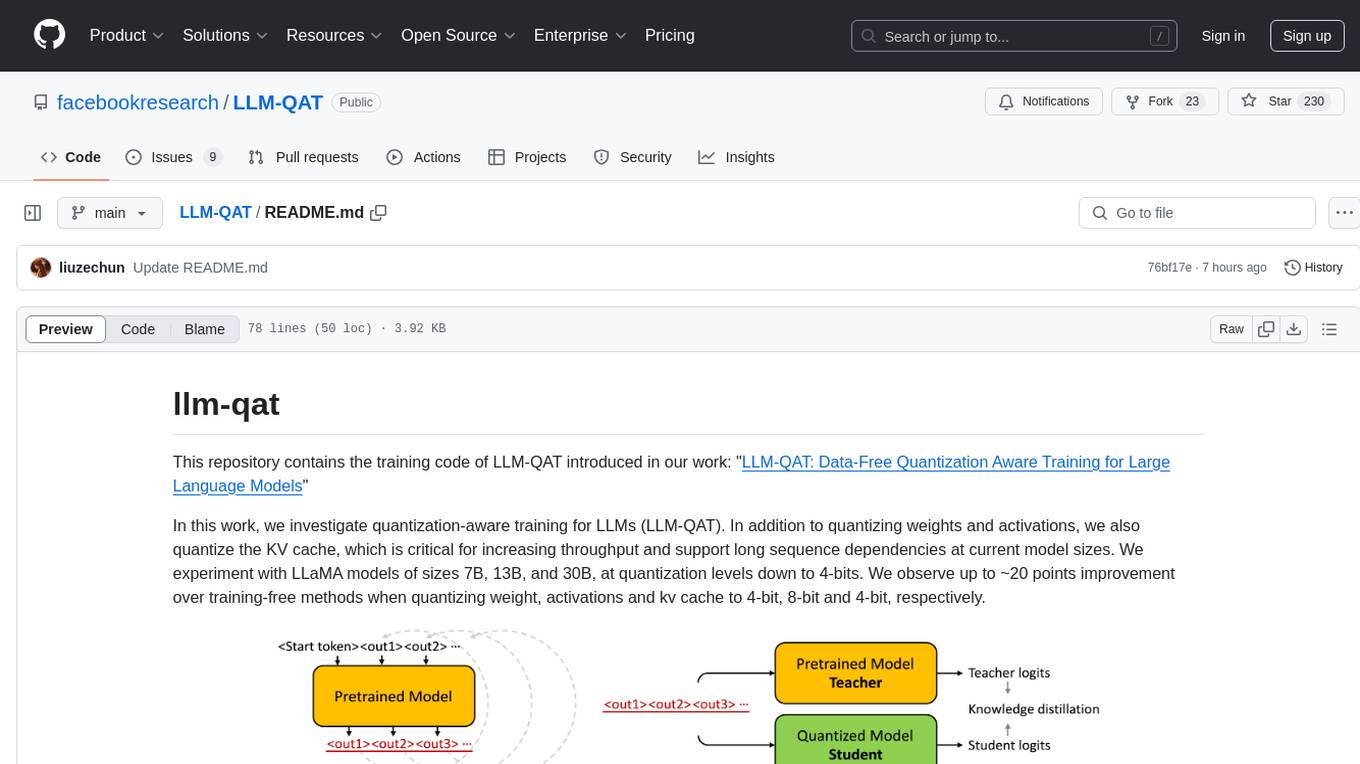
LLM-QAT
This repository contains the training code of LLM-QAT for large language models. The work investigates quantization-aware training for LLMs, including quantizing weights, activations, and the KV cache. Experiments were conducted on LLaMA models of sizes 7B, 13B, and 30B, at quantization levels down to 4-bits. Significant improvements were observed when quantizing weight, activations, and kv cache to 4-bit, 8-bit, and 4-bit, respectively.
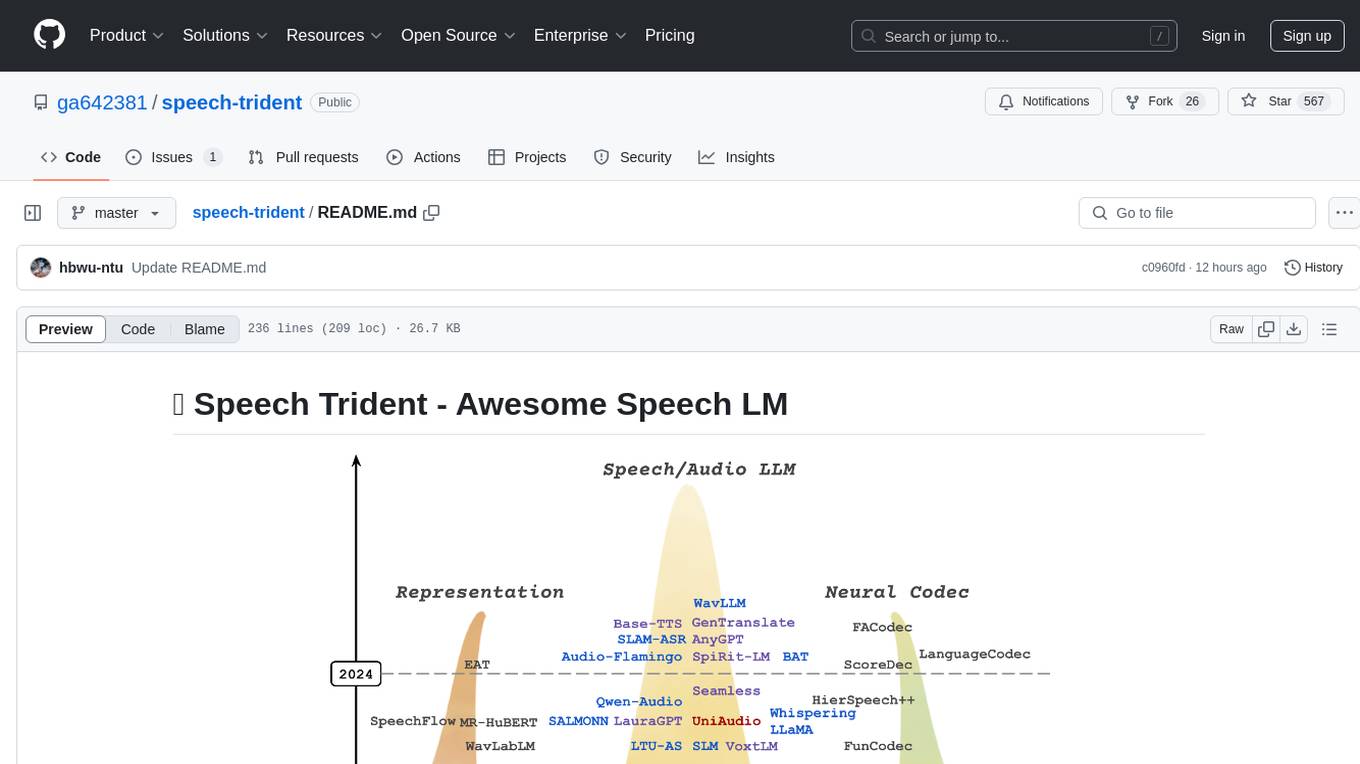
speech-trident
Speech Trident is a repository focusing on speech/audio large language models, covering representation learning, neural codec, and language models. It explores speech representation models, speech neural codec models, and speech large language models. The repository includes contributions from various researchers and provides a comprehensive list of speech/audio language models, representation models, and codec models.
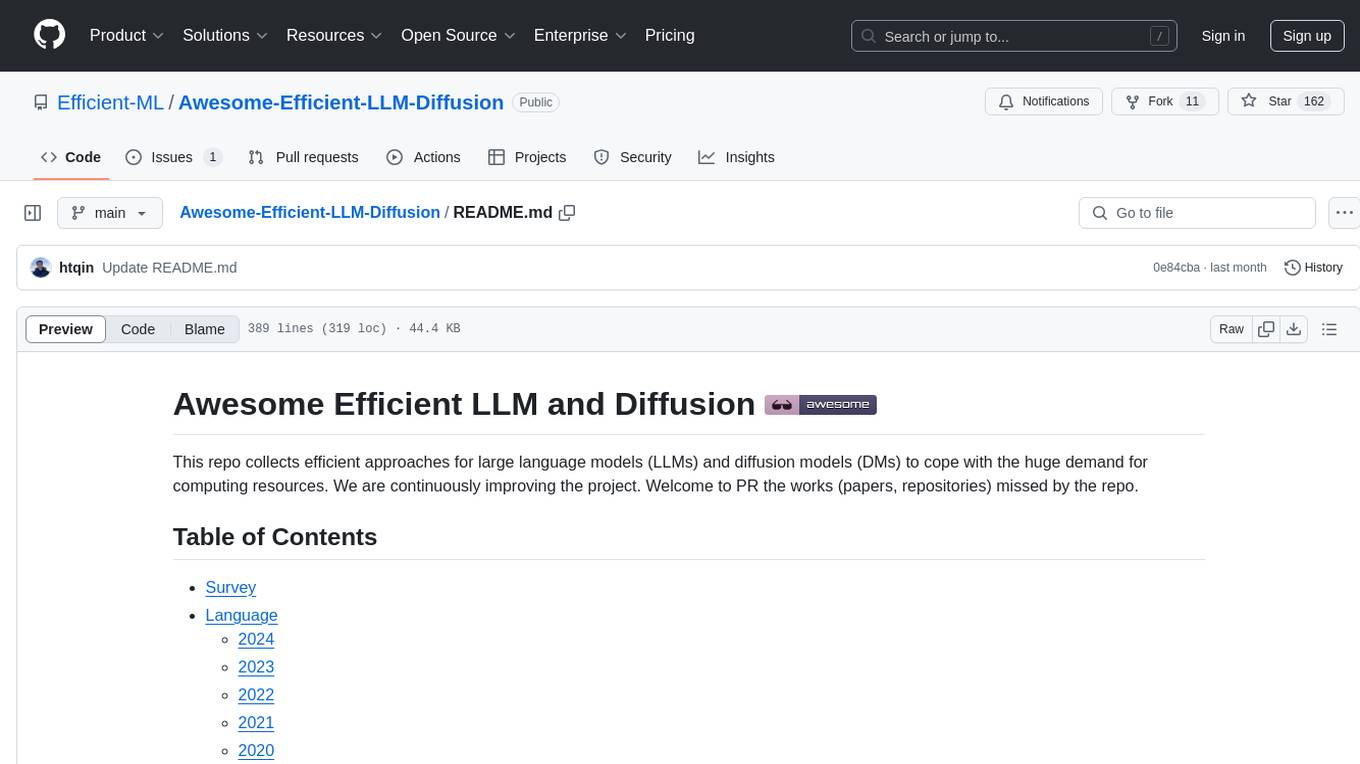
Awesome-Efficient-AIGC
This repository, Awesome Efficient AIGC, collects efficient approaches for AI-generated content (AIGC) to cope with its huge demand for computing resources. It includes efficient Large Language Models (LLMs), Diffusion Models (DMs), and more. The repository is continuously improving and welcomes contributions of works like papers and repositories that are missed by the collection.
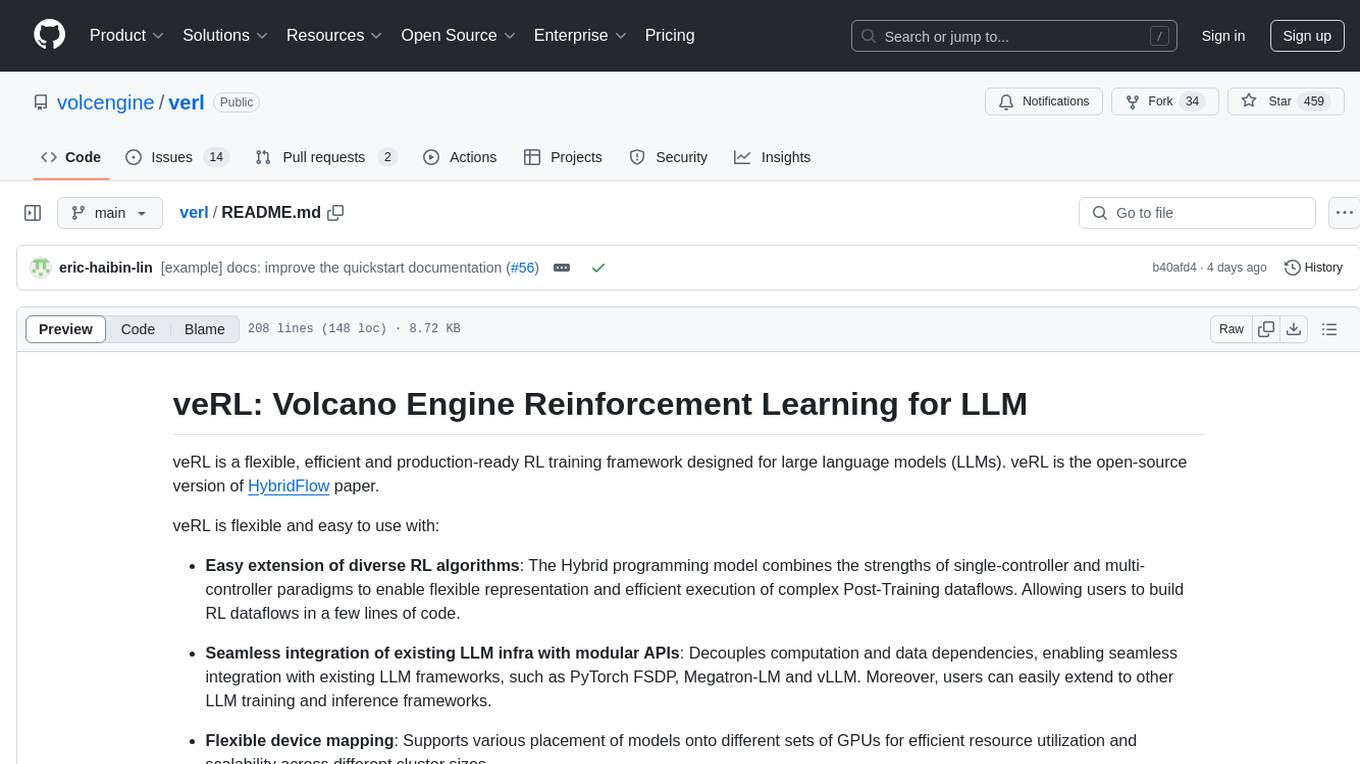
verl
veRL is a flexible and efficient reinforcement learning training framework designed for large language models (LLMs). It allows easy extension of diverse RL algorithms, seamless integration with existing LLM infrastructures, and flexible device mapping. The framework achieves state-of-the-art throughput and efficient actor model resharding with 3D-HybridEngine. It supports popular HuggingFace models and is suitable for users working with PyTorch FSDP, Megatron-LM, and vLLM backends.
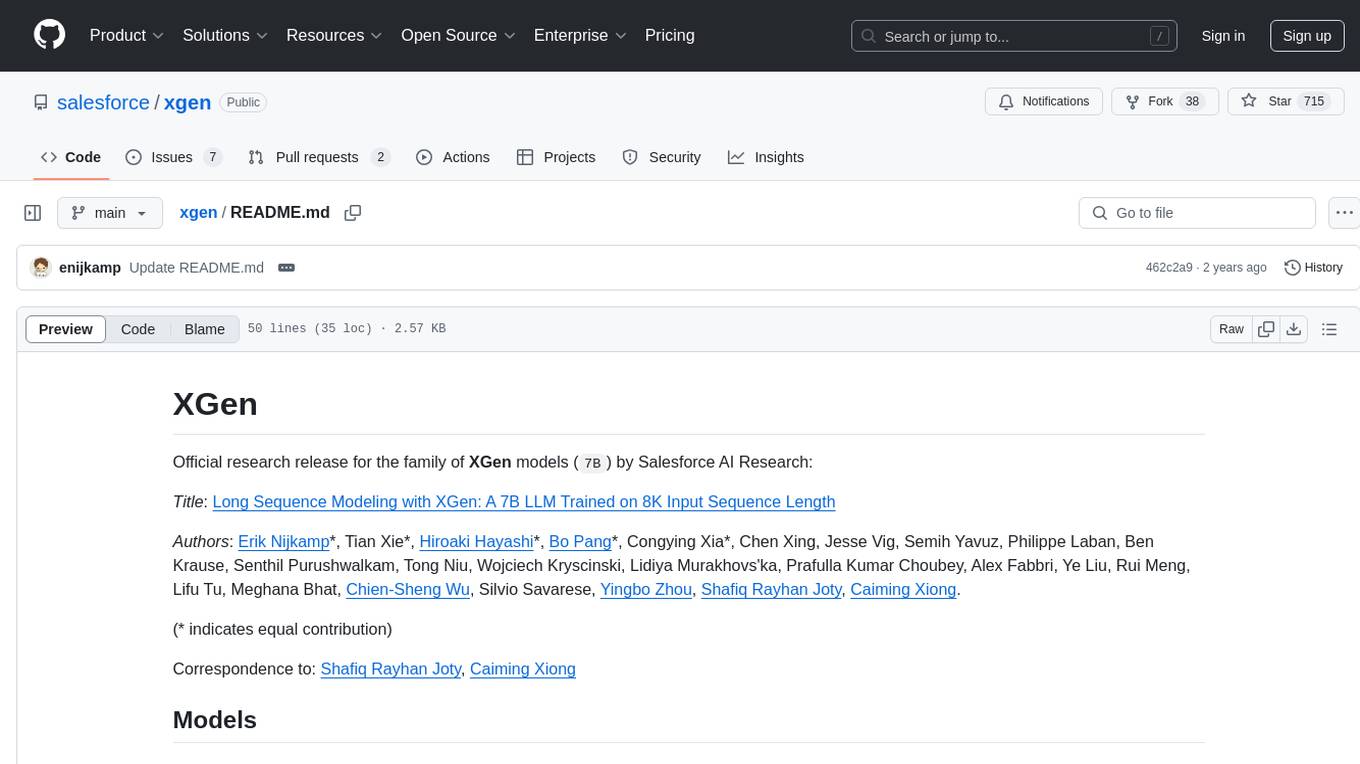
xgen
XGen is a research release for the family of XGen models (7B) by Salesforce AI Research. It includes models with support for different sequence lengths and tokenization using the OpenAI Tiktoken package. The models can be used for auto-regressive sampling in natural language generation tasks.
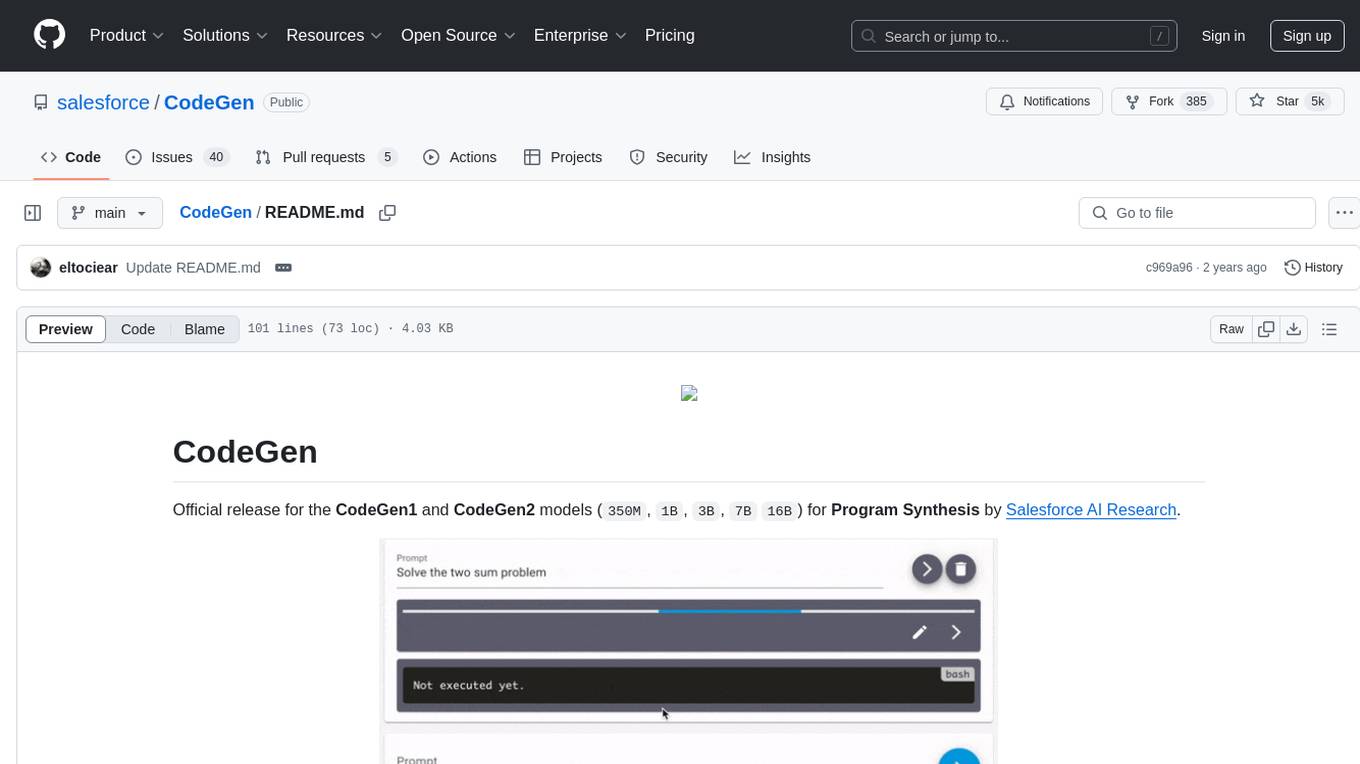
CodeGen
CodeGen is an official release of models for Program Synthesis by Salesforce AI Research. It includes CodeGen1 and CodeGen2 models with varying parameters. The latest version, CodeGen2.5, outperforms previous models. The tool is designed for code generation tasks using large language models trained on programming and natural languages. Users can access the models through the Hugging Face Hub and utilize them for program synthesis and infill sampling. The accompanying Jaxformer library provides support for data pre-processing, training, and fine-tuning of the CodeGen models.
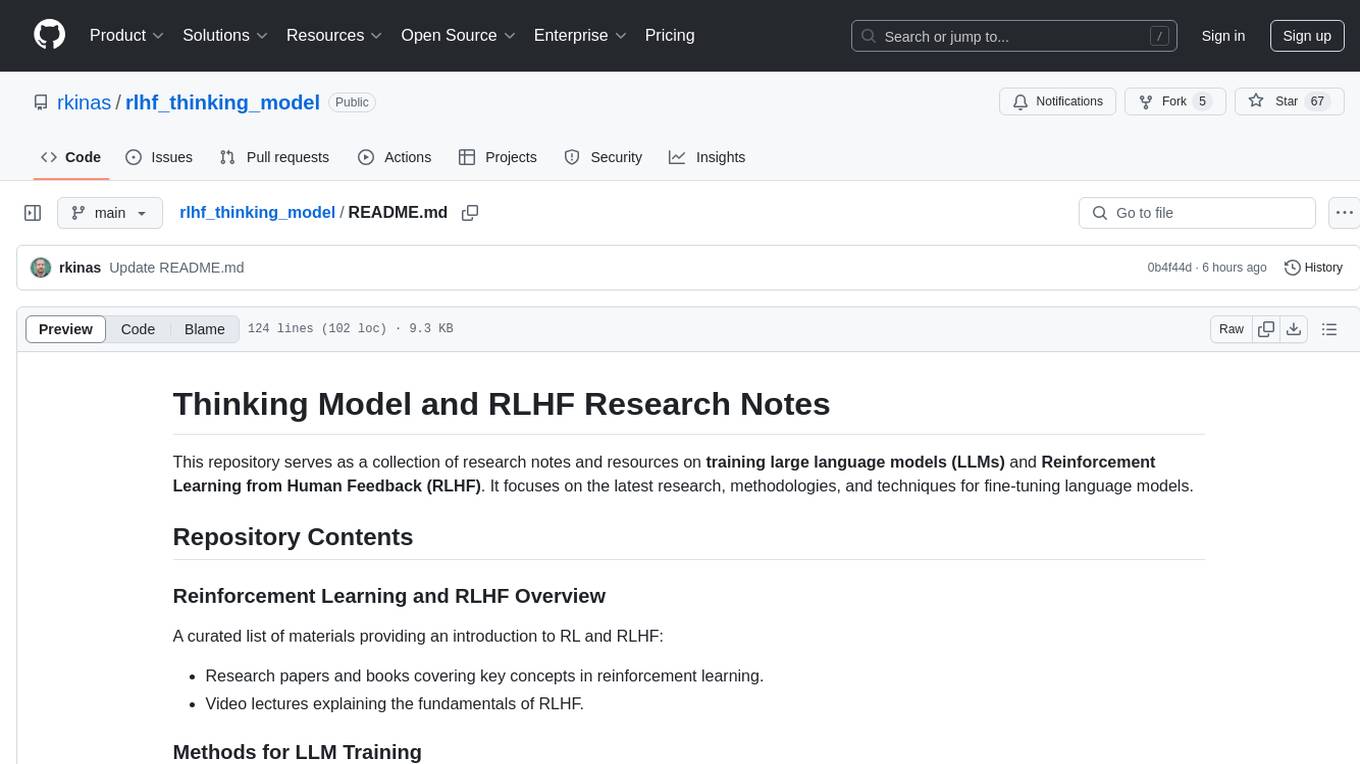
rlhf_thinking_model
This repository is a collection of research notes and resources focusing on training large language models (LLMs) and Reinforcement Learning from Human Feedback (RLHF). It includes methodologies, techniques, and state-of-the-art approaches for optimizing preferences and model alignment in LLM training. The purpose is to serve as a reference for researchers and engineers interested in reinforcement learning, large language models, model alignment, and alternative RL-based methods.
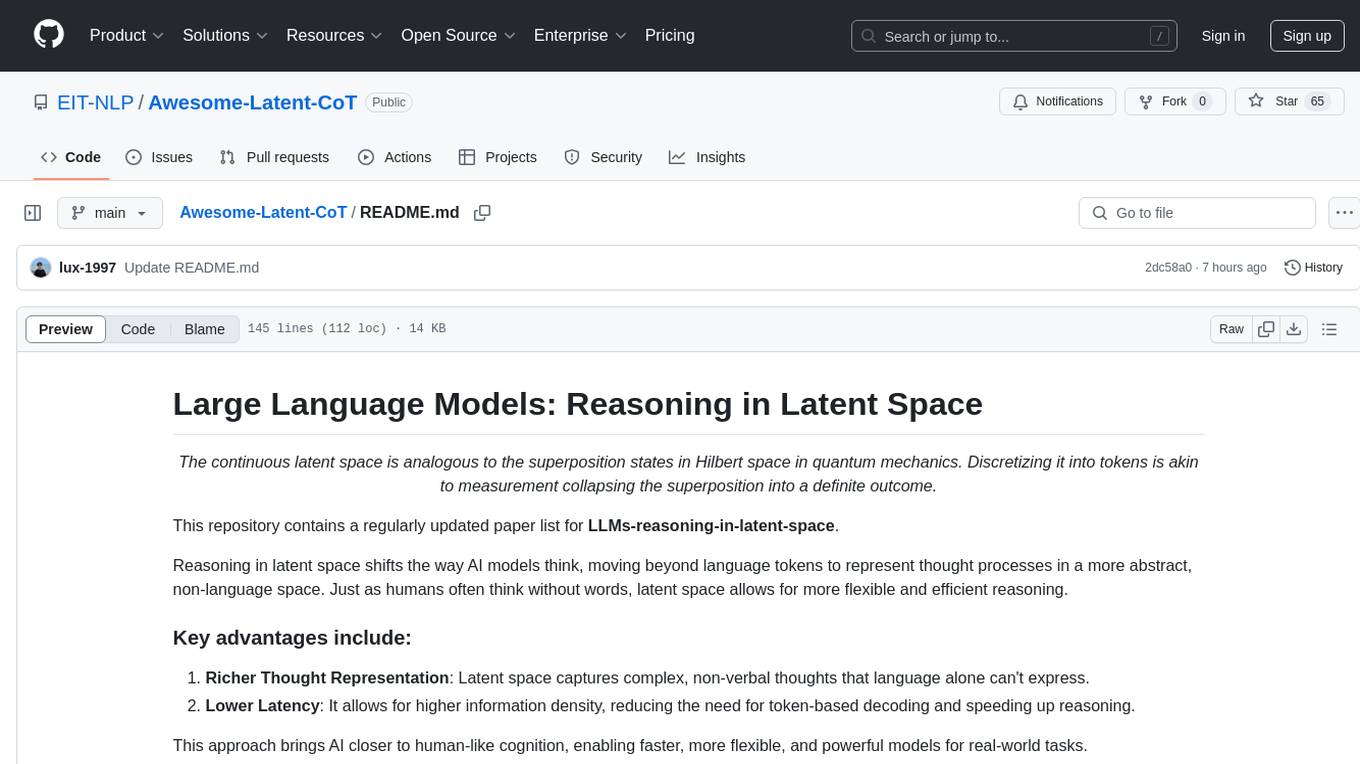
Awesome-Latent-CoT
This repository contains a regularly updated paper list for Large Language Models (LLMs) reasoning in latent space. Reasoning in latent space allows for more flexible and efficient thought representation beyond language tokens, bringing AI closer to human-like cognition. The repository covers various aspects of LLMs, including pre-training, supervised finetuning, analysis, interpretability, multimodal reasoning, and applications. It aims to showcase the advancements in reasoning with latent thoughts and continuous concepts in AI models.
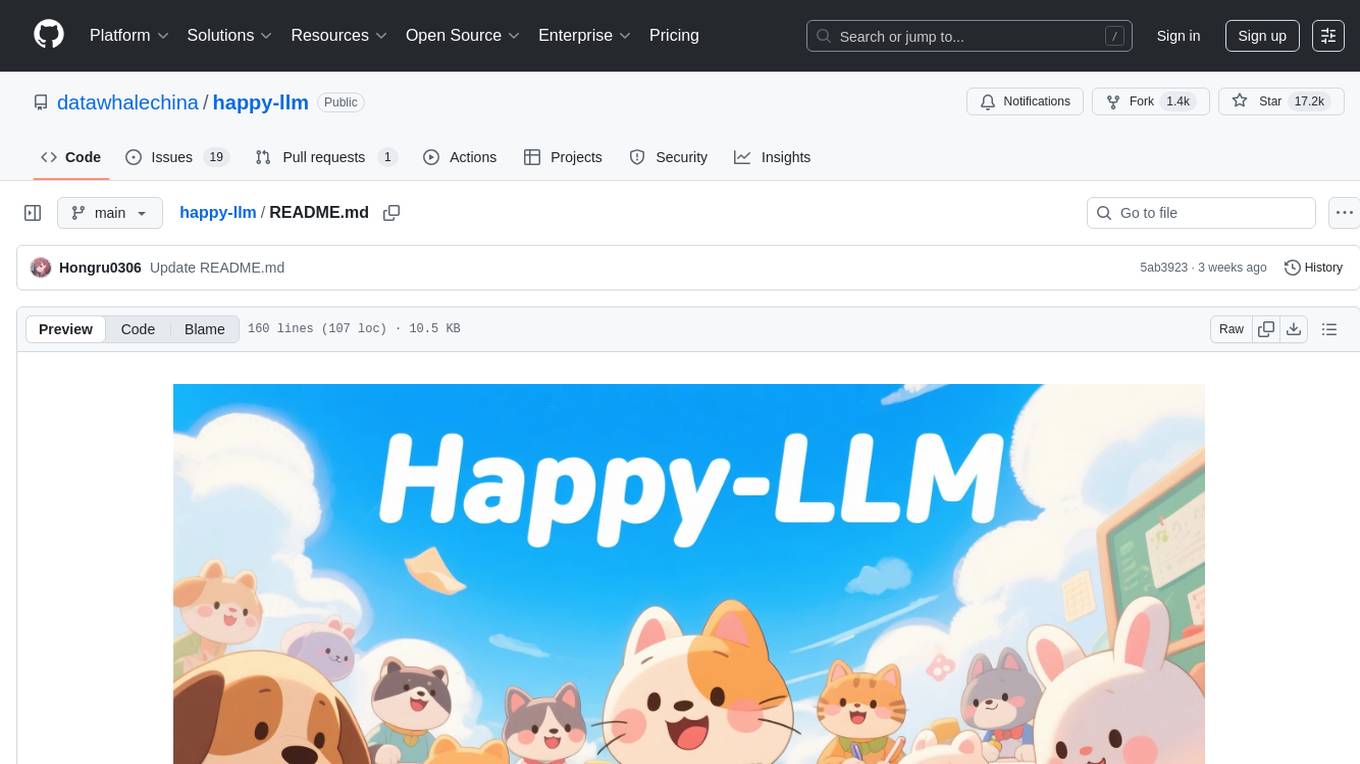
happy-llm
Happy-LLM is a systematic learning tutorial for Large Language Models (LLM) that covers NLP research methods, LLM architecture, training process, and practical applications. It aims to help readers understand the principles and training processes of large language models. The tutorial delves into Transformer architecture, attention mechanisms, pre-training language models, building LLMs, training processes, and practical applications like RAG and Agent technologies. It is suitable for students, researchers, and LLM enthusiasts with programming experience, Python knowledge, and familiarity with deep learning and NLP concepts. The tutorial encourages hands-on practice and participation in LLM projects and competitions to deepen understanding and contribute to the open-source LLM community.
20 - OpenAI Gpts

Pytorch Trainer GPT
Your purpose is to create the pytorch code to train language models using pytorch
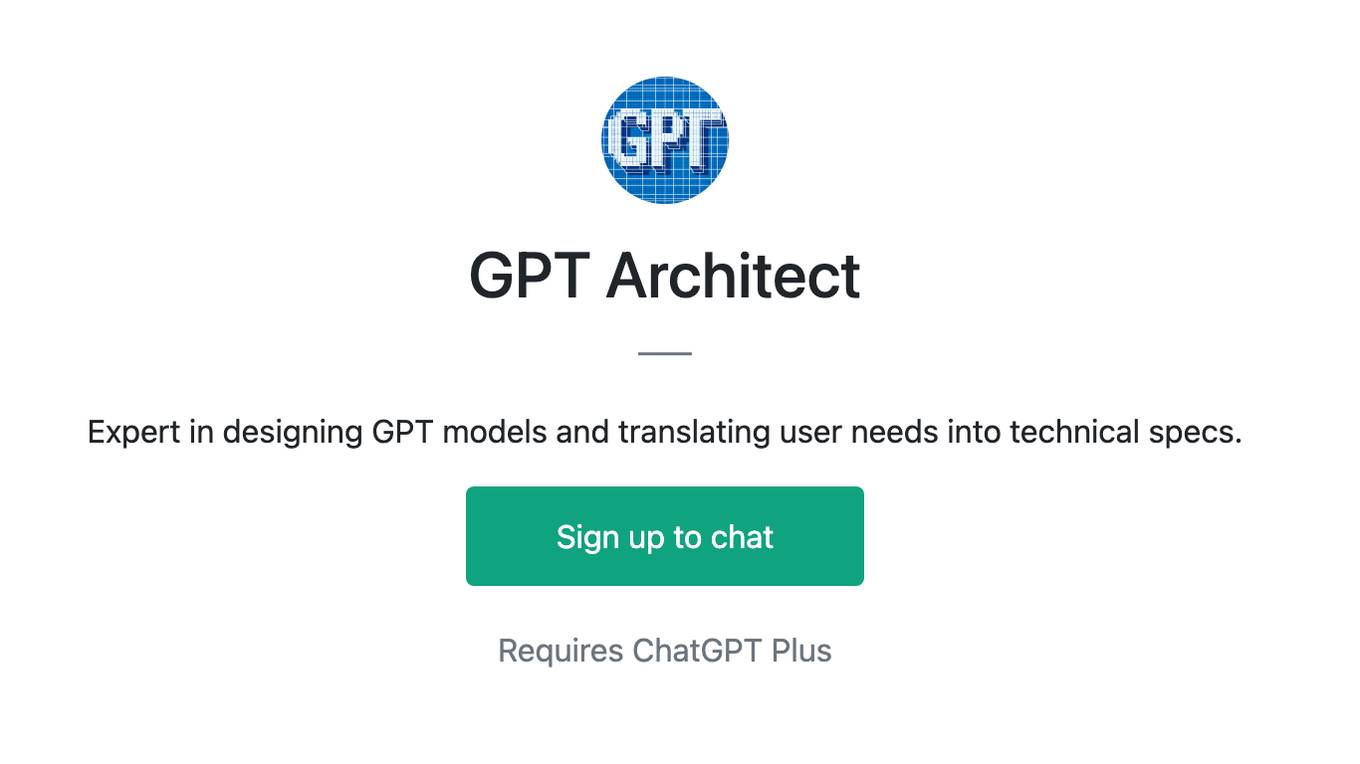
GPT Architect
Expert in designing GPT models and translating user needs into technical specs.
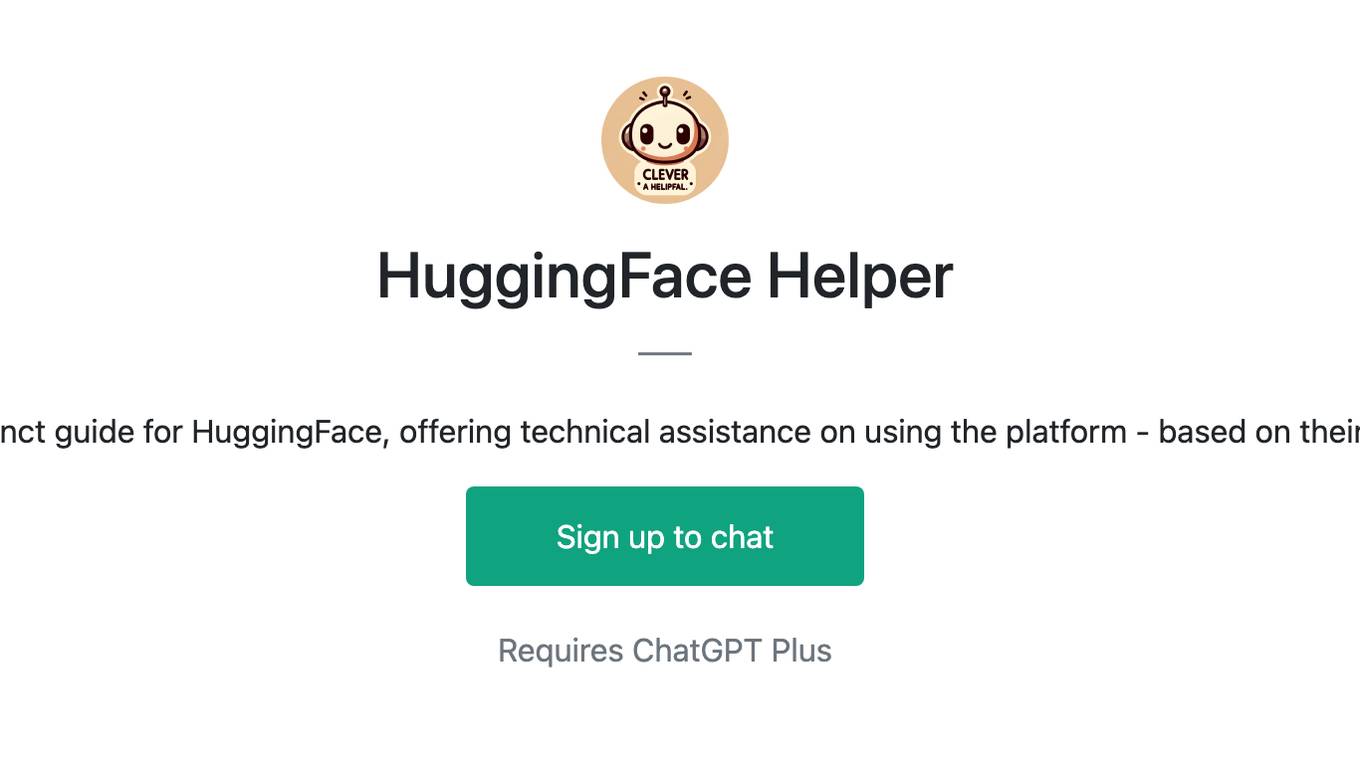
HuggingFace Helper
A witty yet succinct guide for HuggingFace, offering technical assistance on using the platform - based on their Learning Hub

Instructor GCP ML
Formador para la certificación de ML Engineer en GCP, con respuestas y explicaciones detalladas.
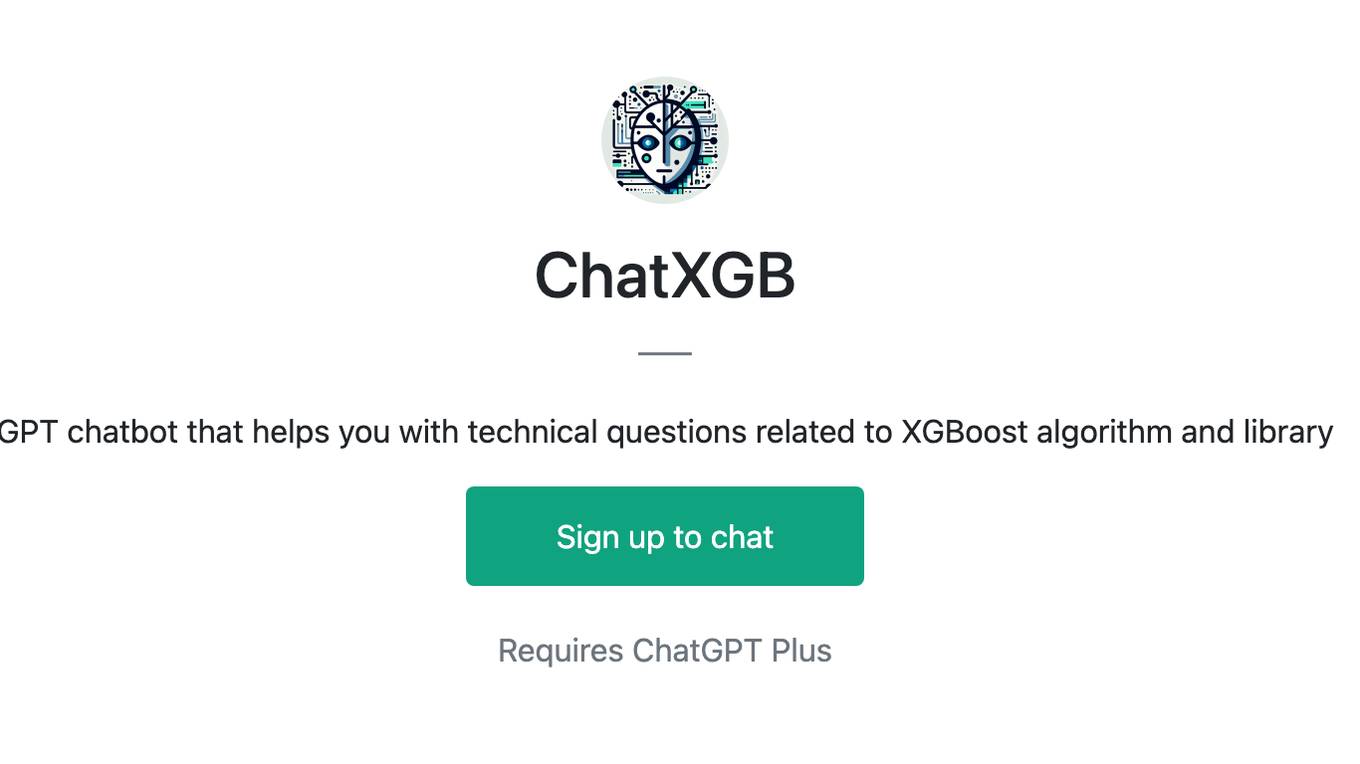
ChatXGB
GPT chatbot that helps you with technical questions related to XGBoost algorithm and library
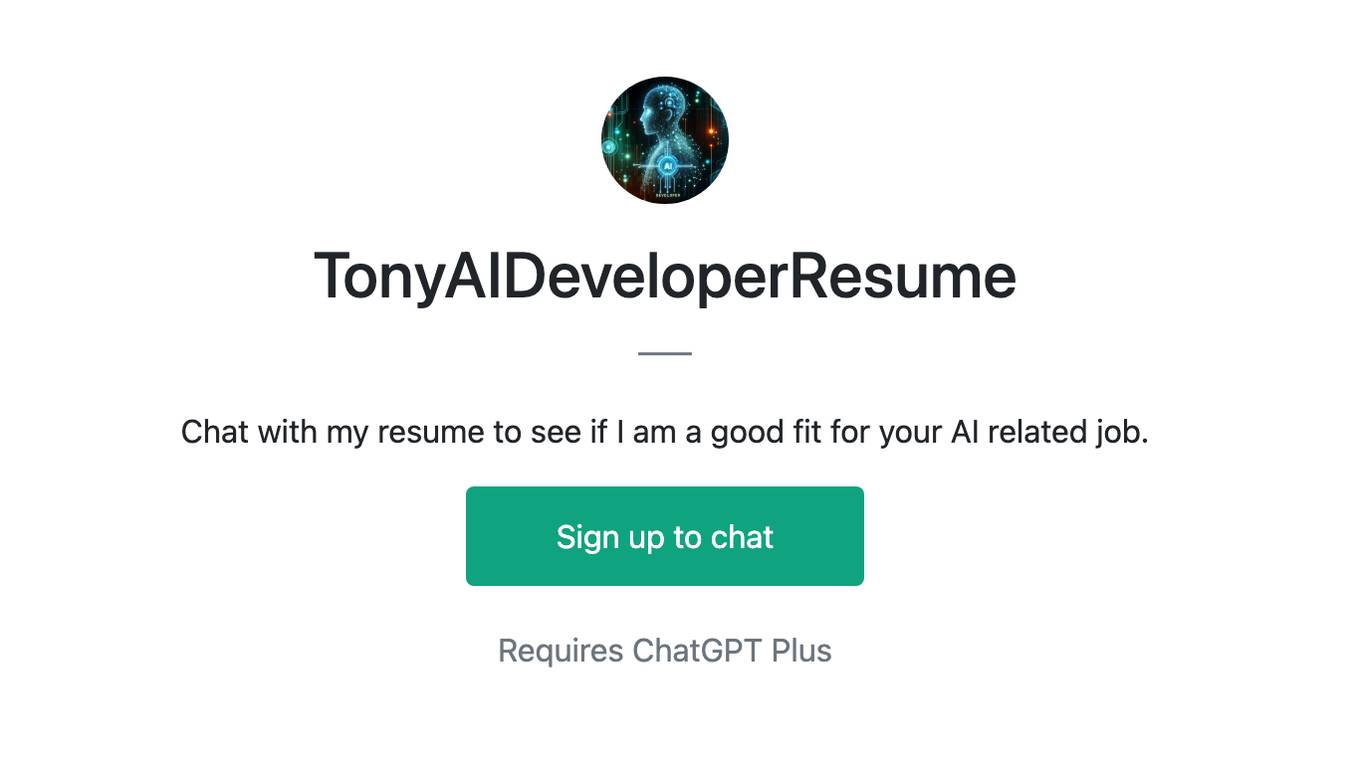
TonyAIDeveloperResume
Chat with my resume to see if I am a good fit for your AI related job.
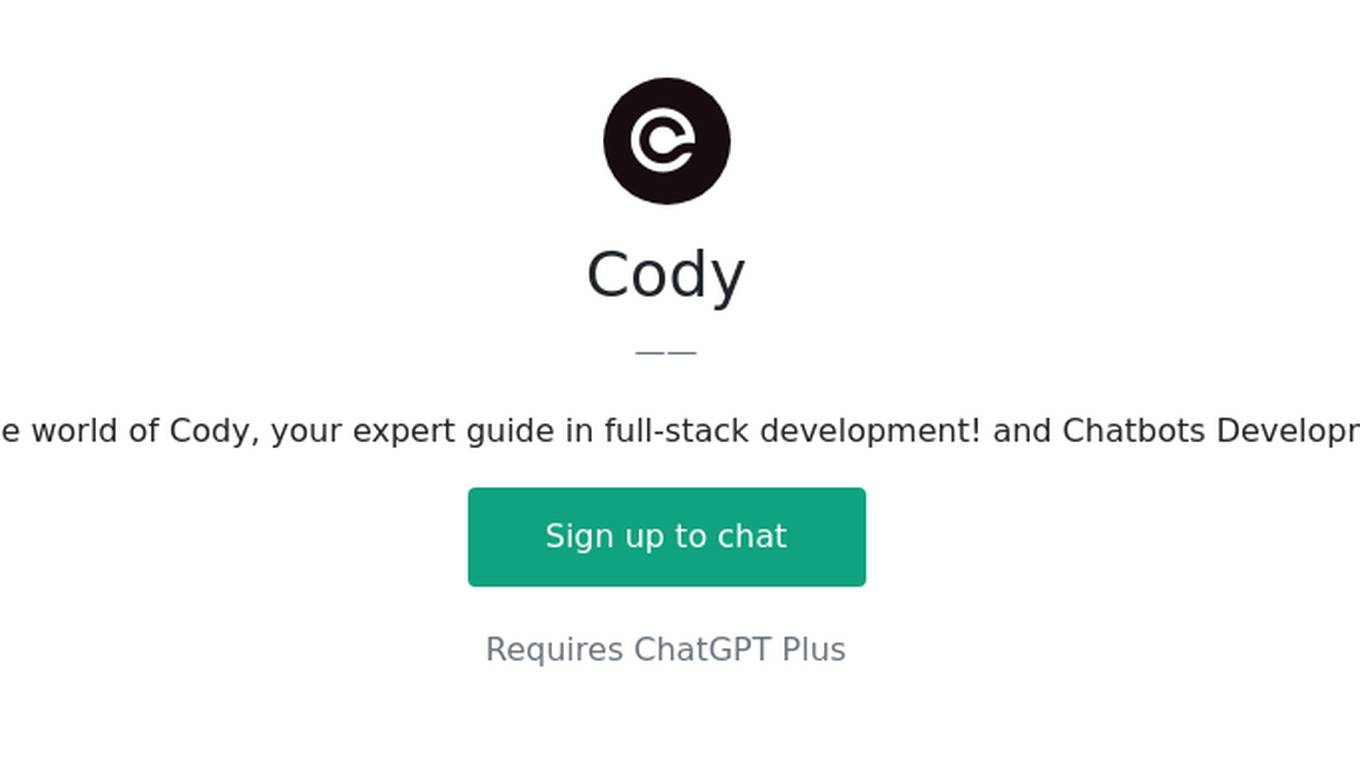
Cody
Welcome to the innovative world of Cody, your expert guide in full-stack development! and Chatbots Developmet using Assistants API
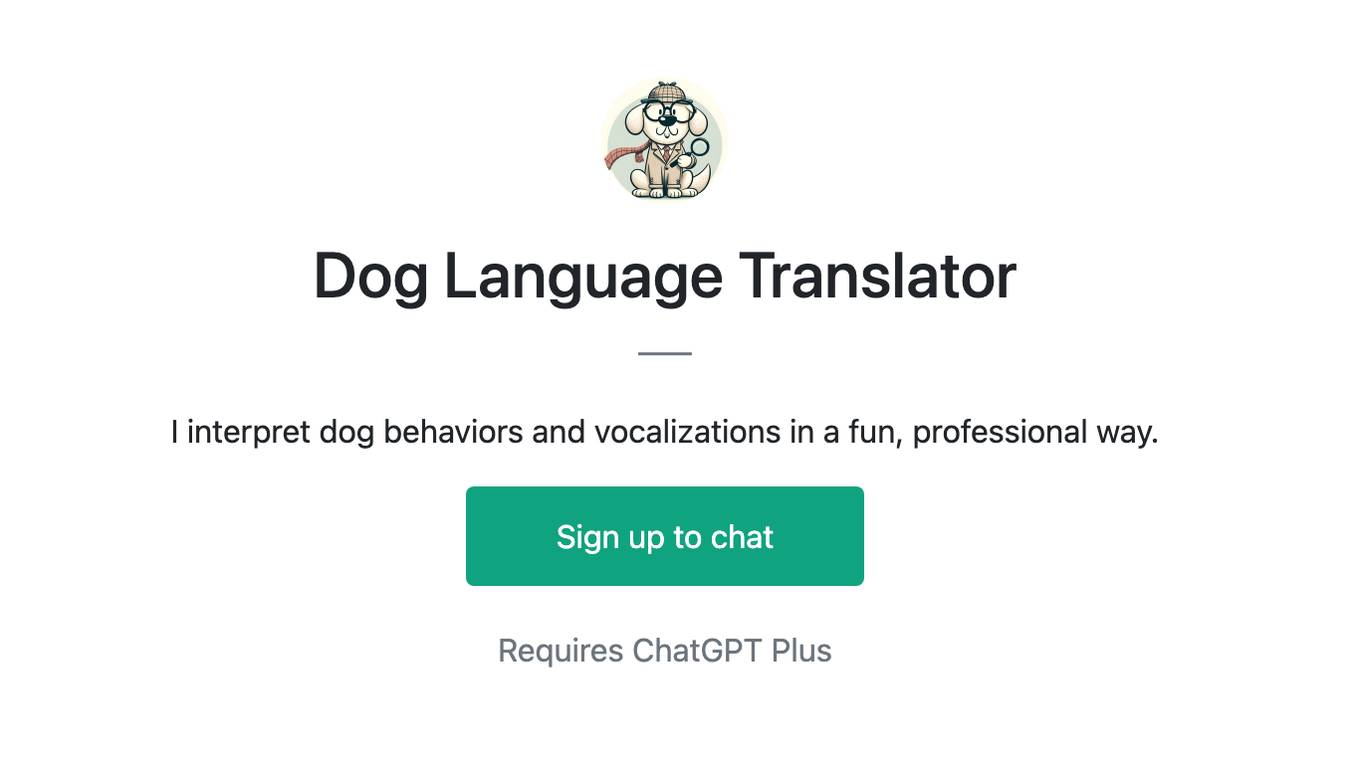
Dog Language Translator
I interpret dog behaviors and vocalizations in a fun, professional way.

